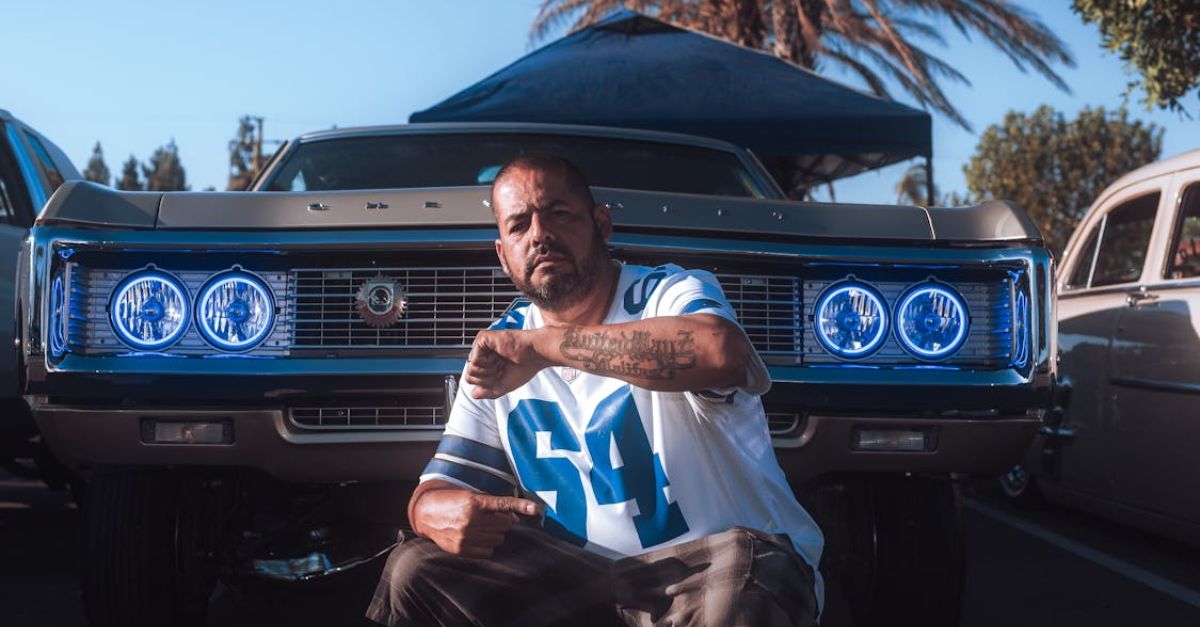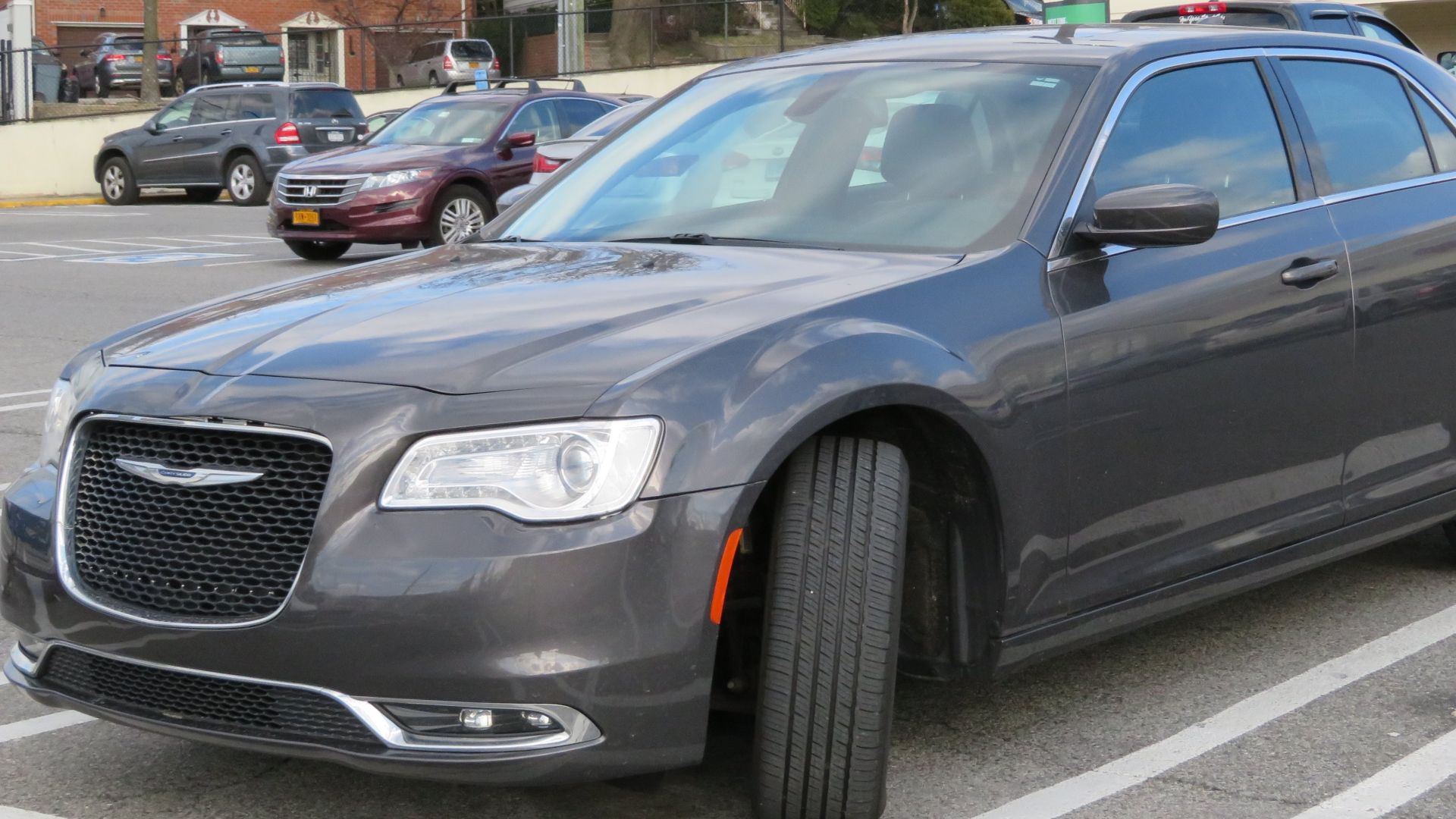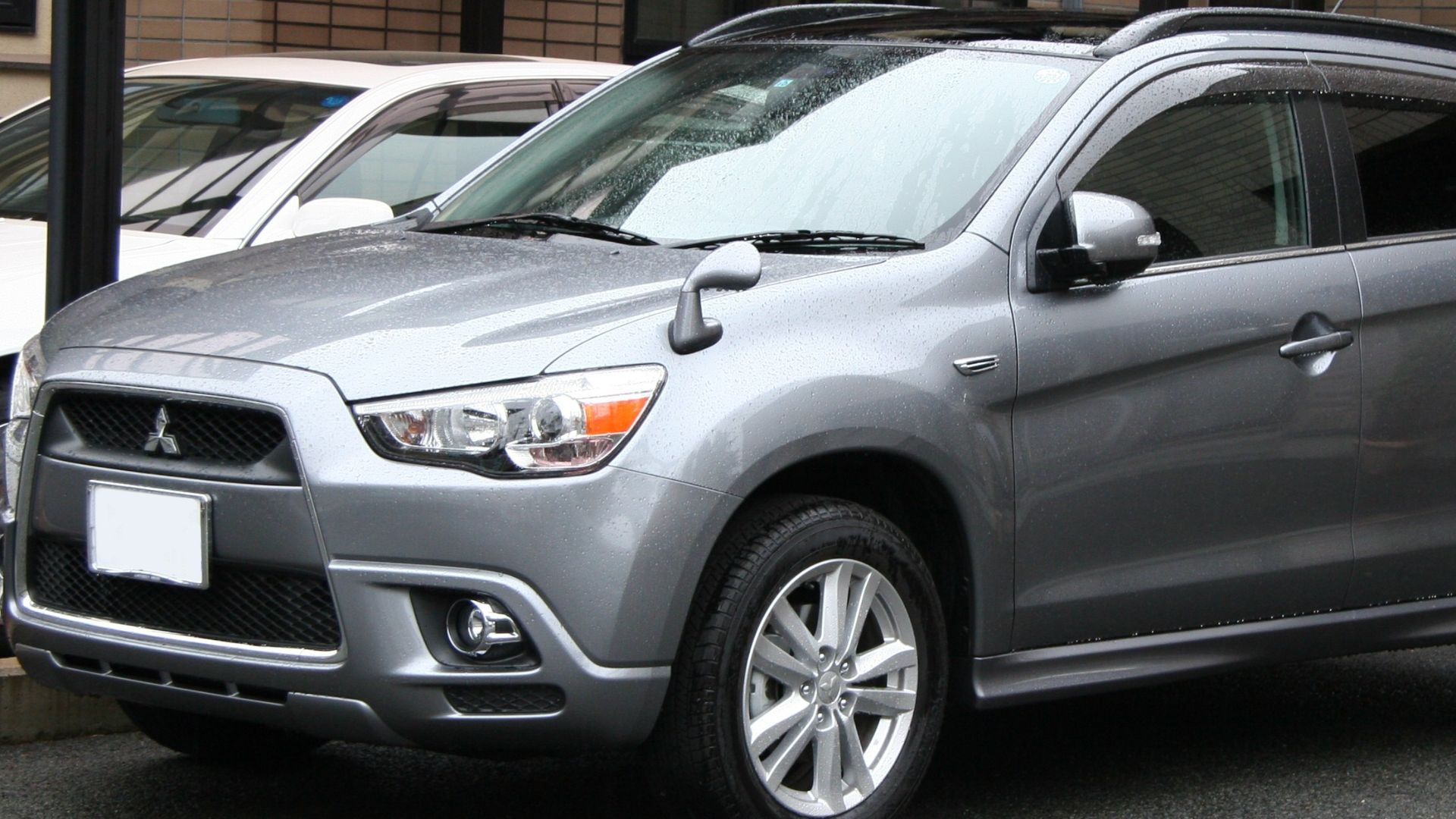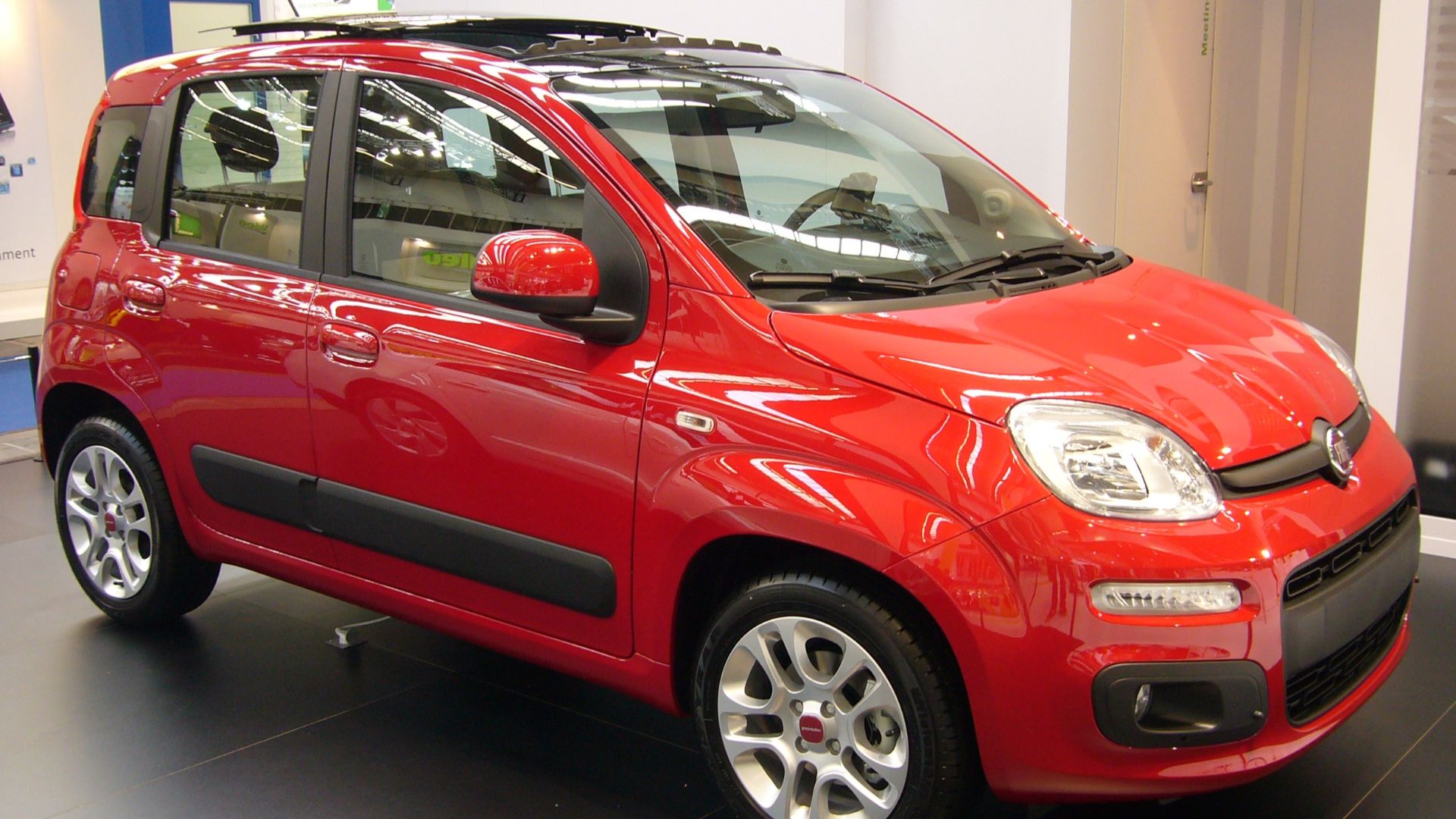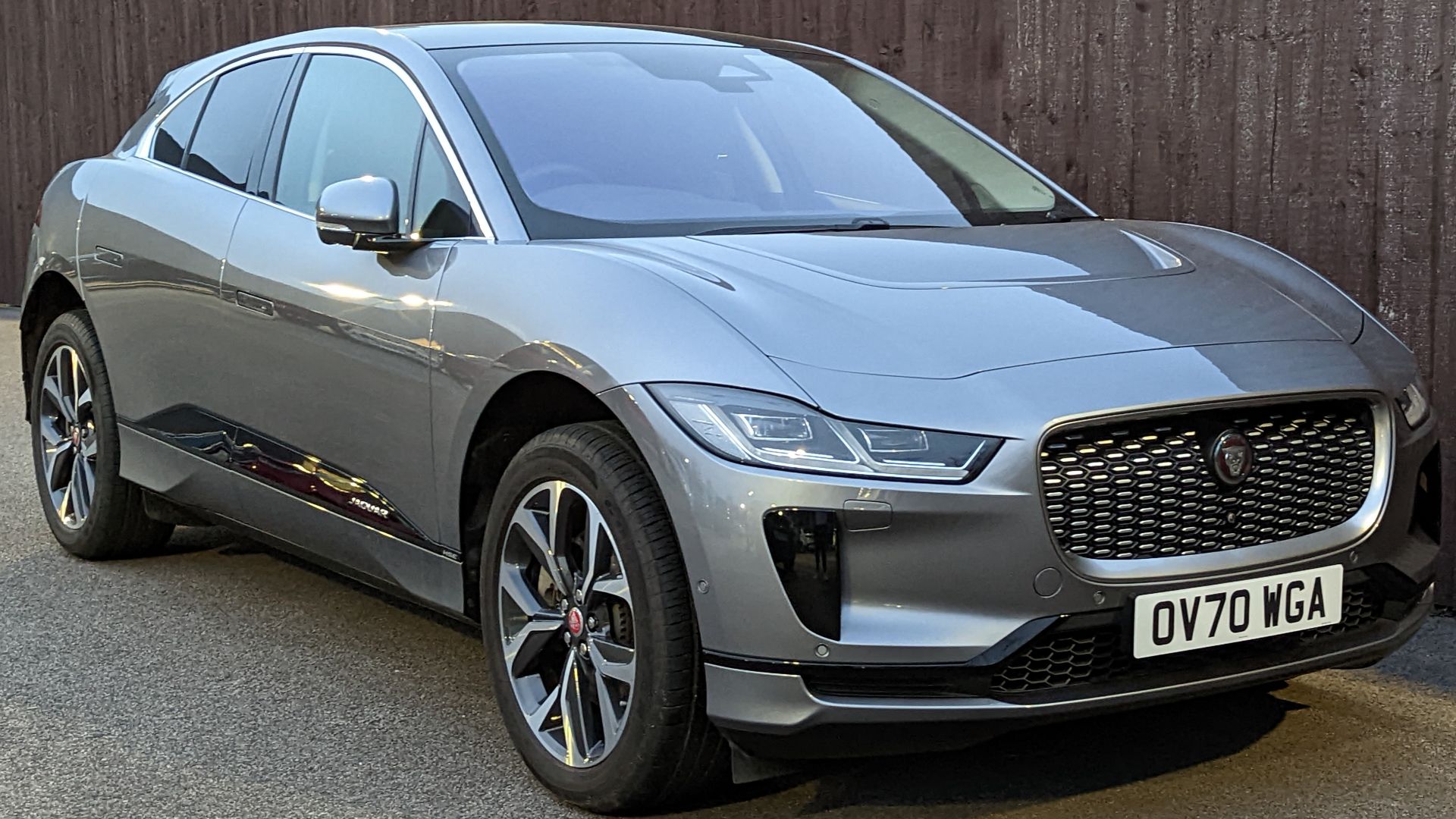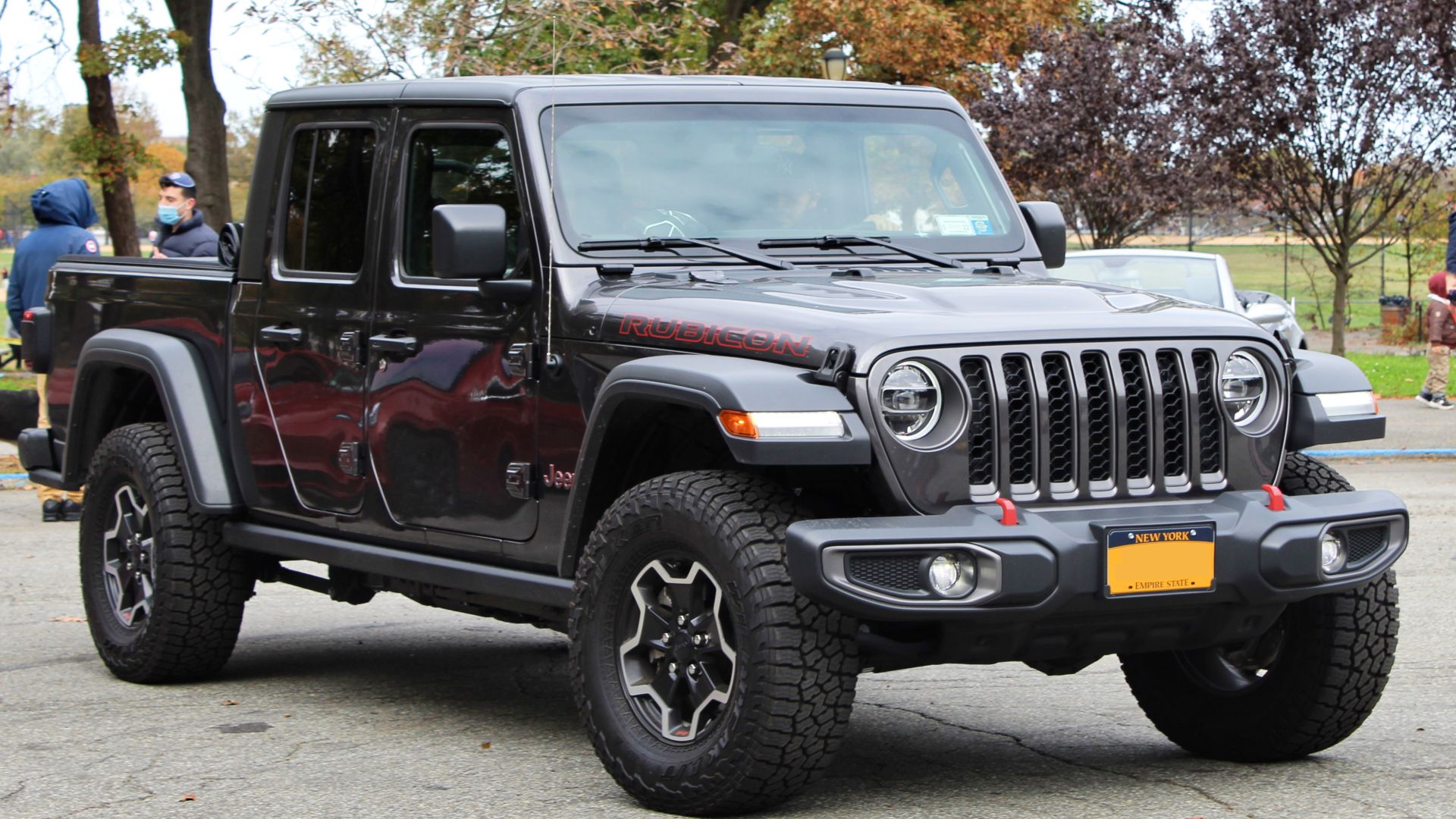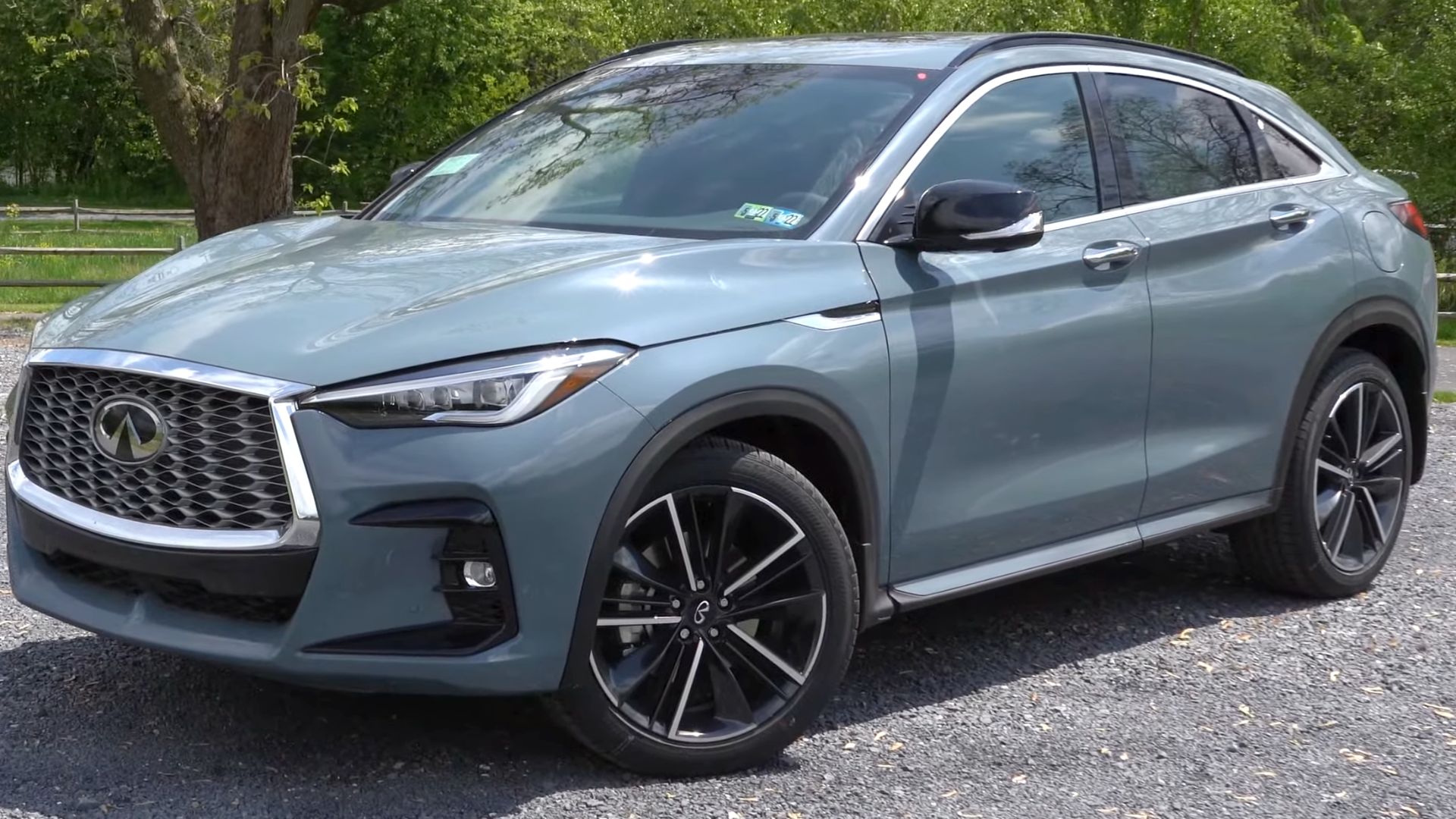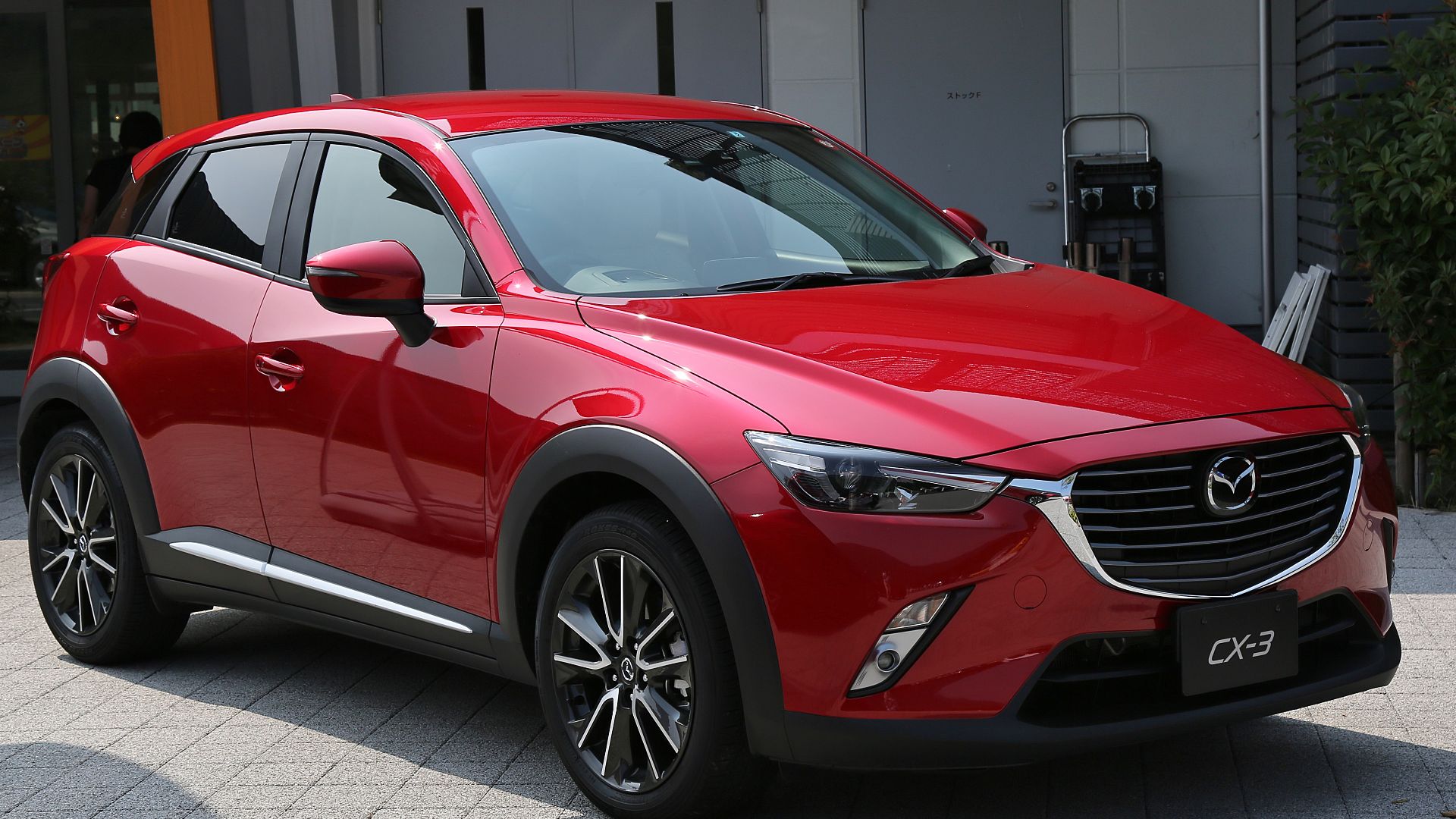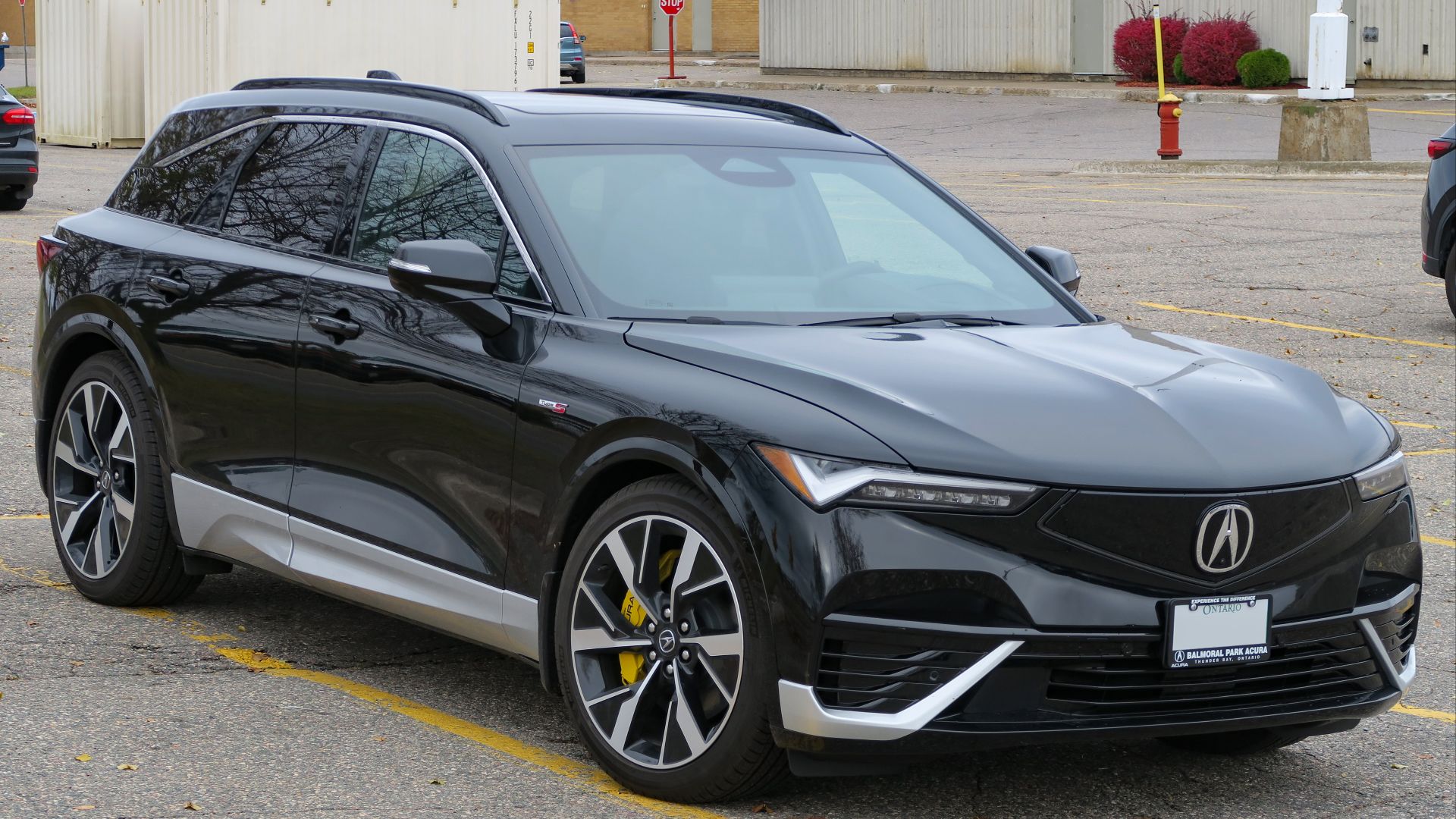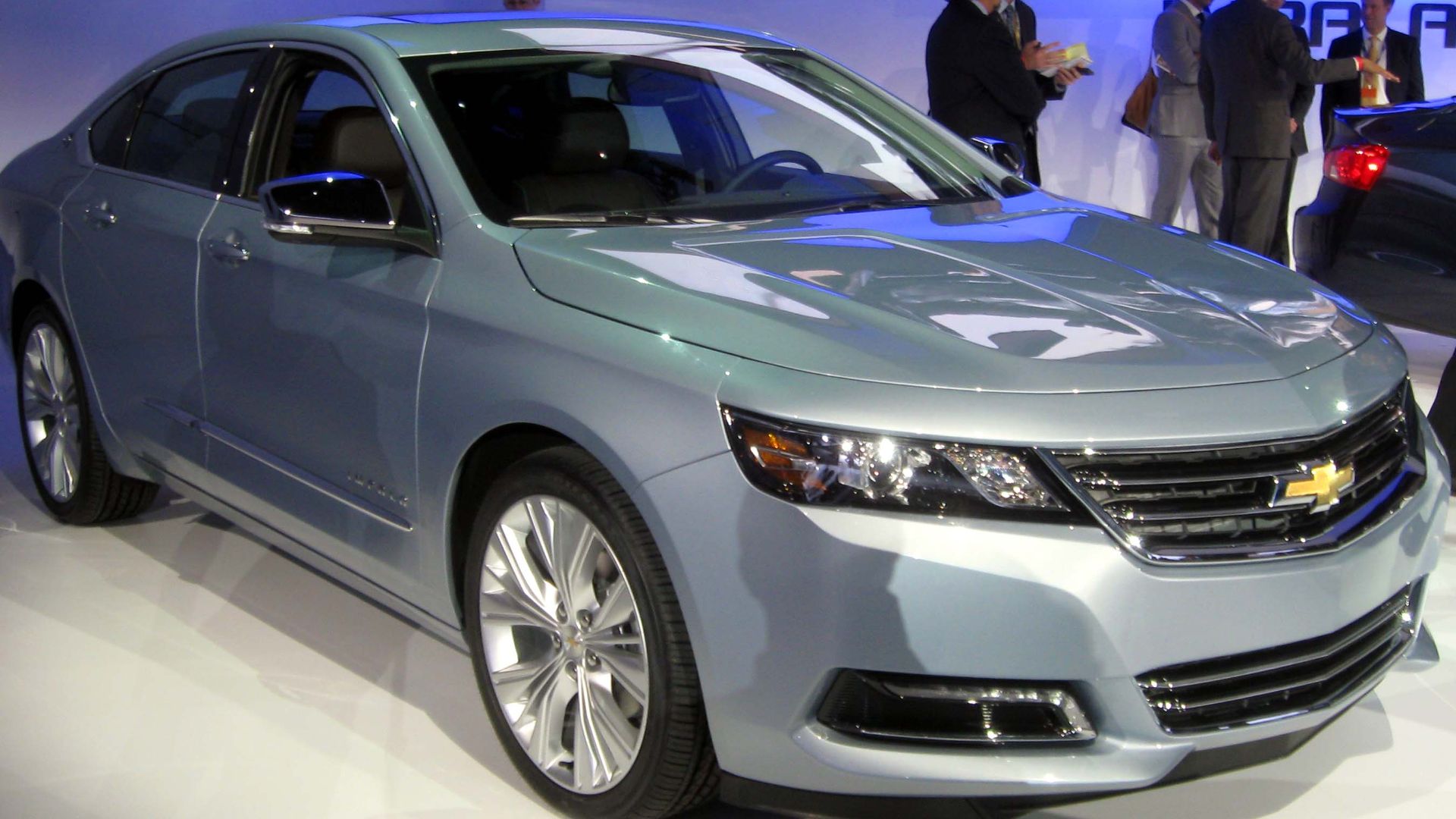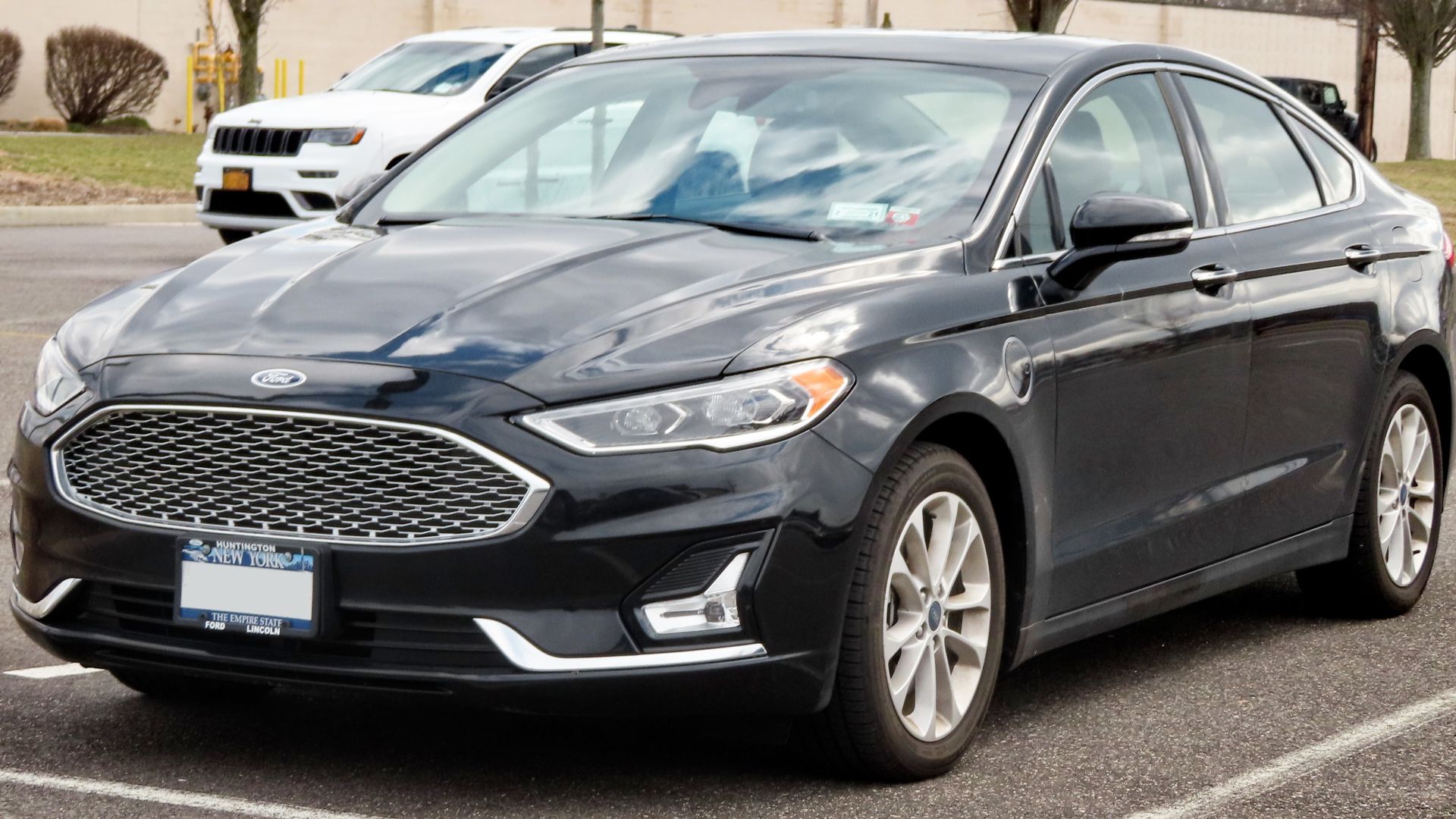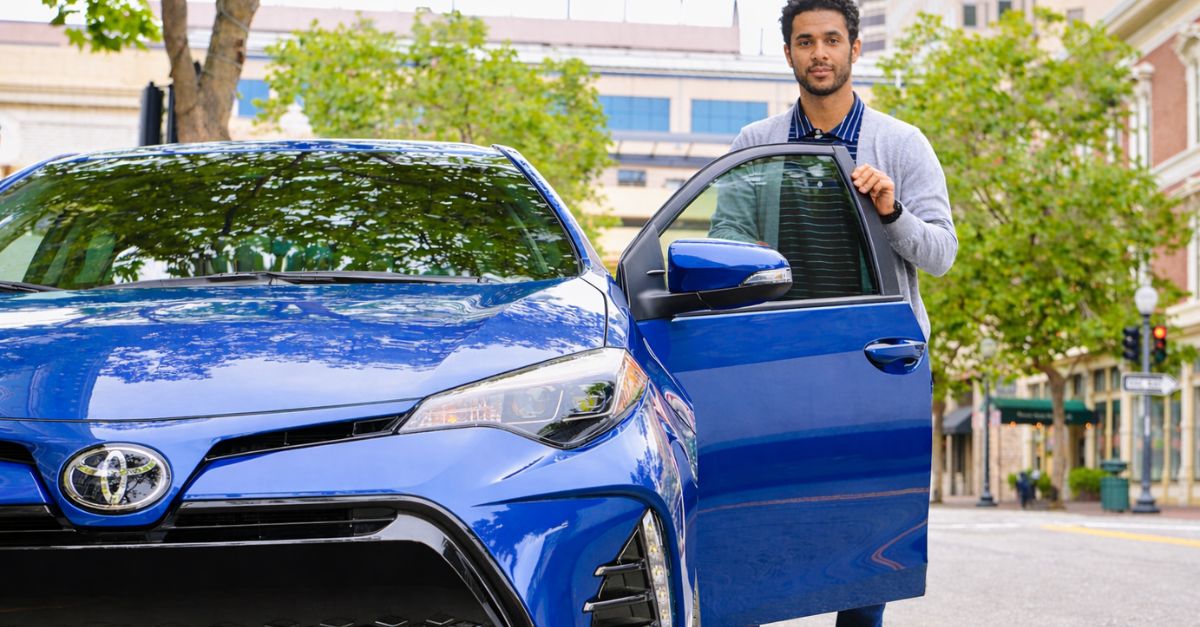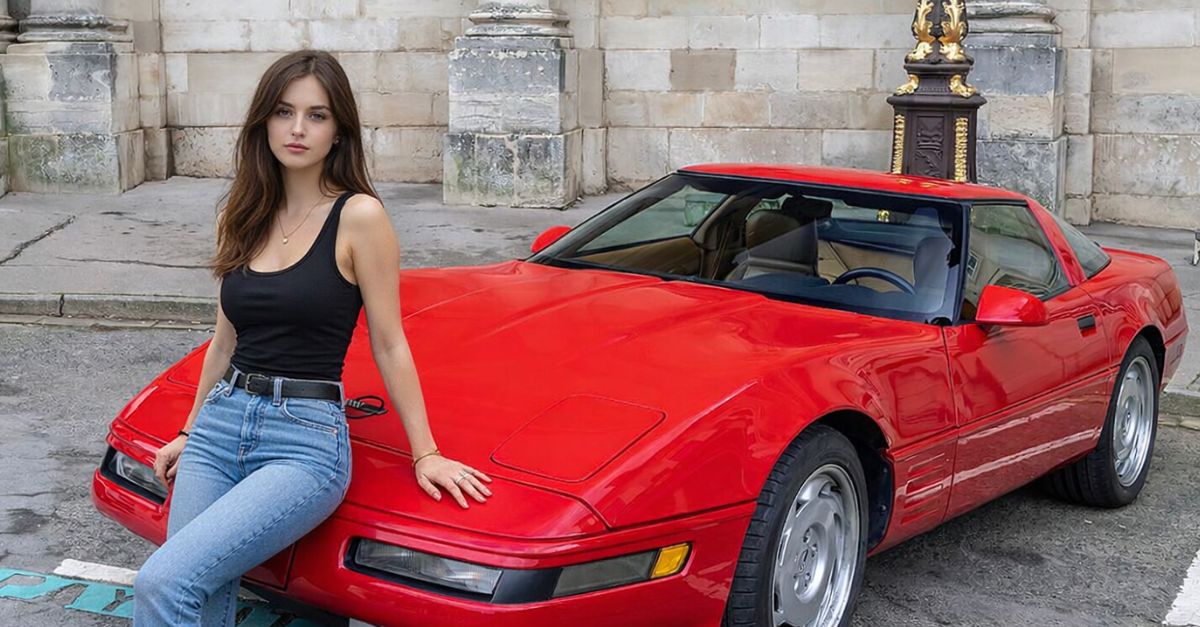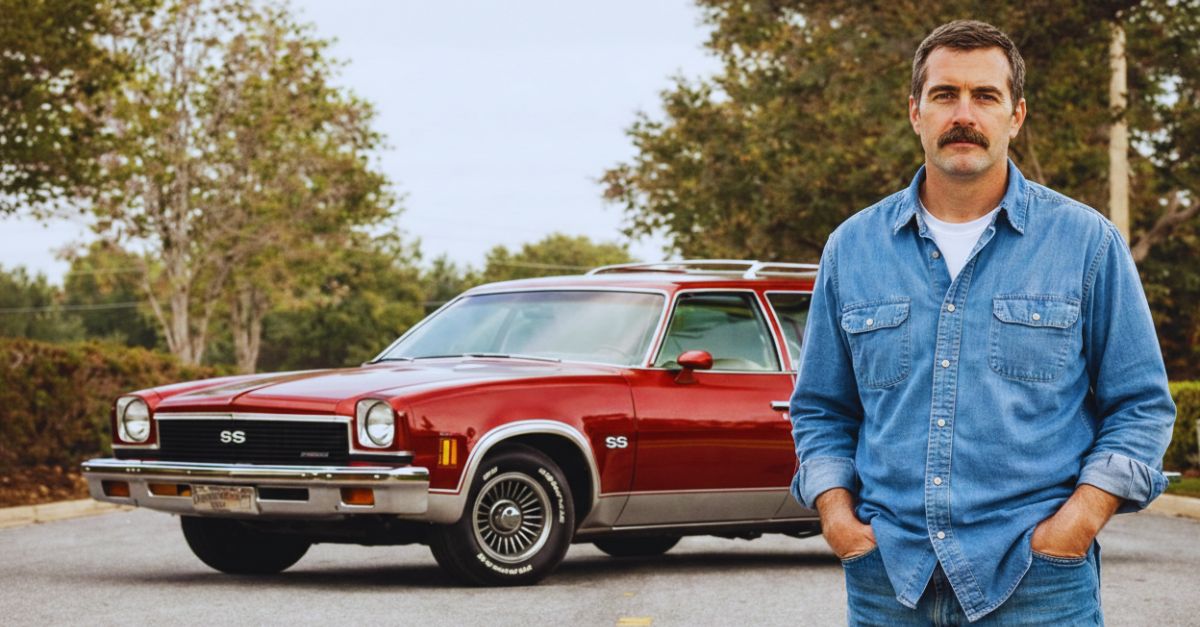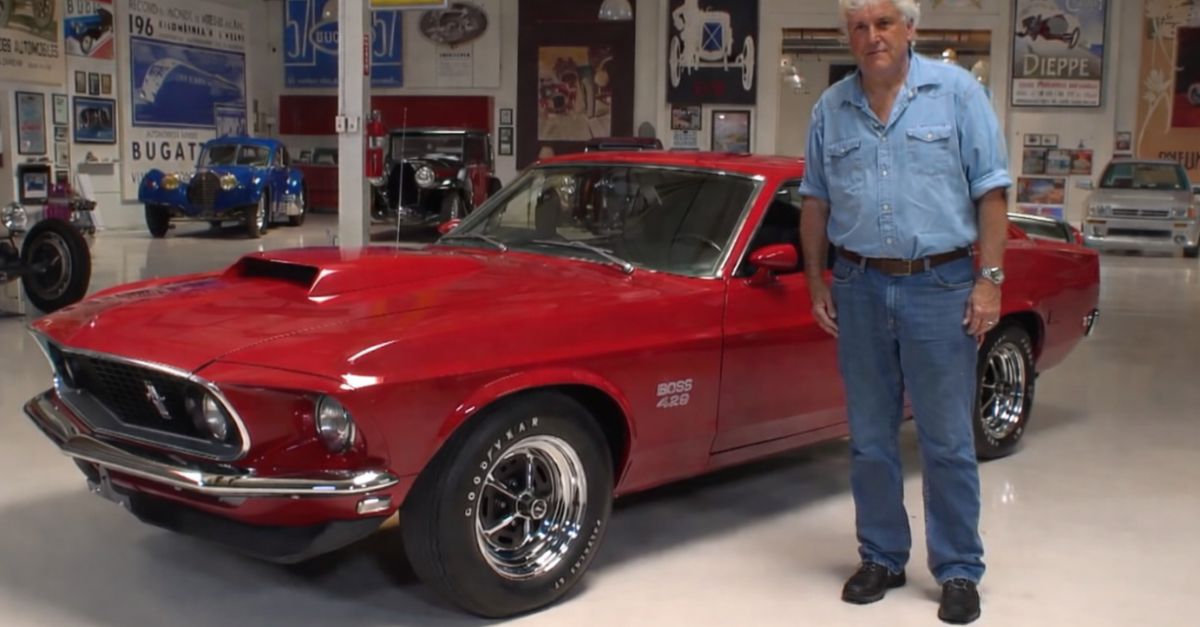Once Trusted, Now Questioned
A strong logo doesn't always guarantee a return customer. When reliability falters or innovation lags, some automakers are bound to see fewer repeat buyers.

Chrysler
Once a central figure in Detroit's Big Three, Chrysler leans on a skeletal lineup. The Pacifica minivan leads the charge, while the Chrysler 300 continues with minimal updates. Lacking fresh designs and new segments, the brand's visibility and relevance among US buyers have steadily declined.
Buick
Buick had finally gained traction with models like the Envista and Envision, which pushed US sales up 39% early in 2025. However, tariffs on Chinese and Korean imports, where these vehicles are made, have sent prices soaring. That price shock now threatens the same momentum Buick worked hard to reclaim.
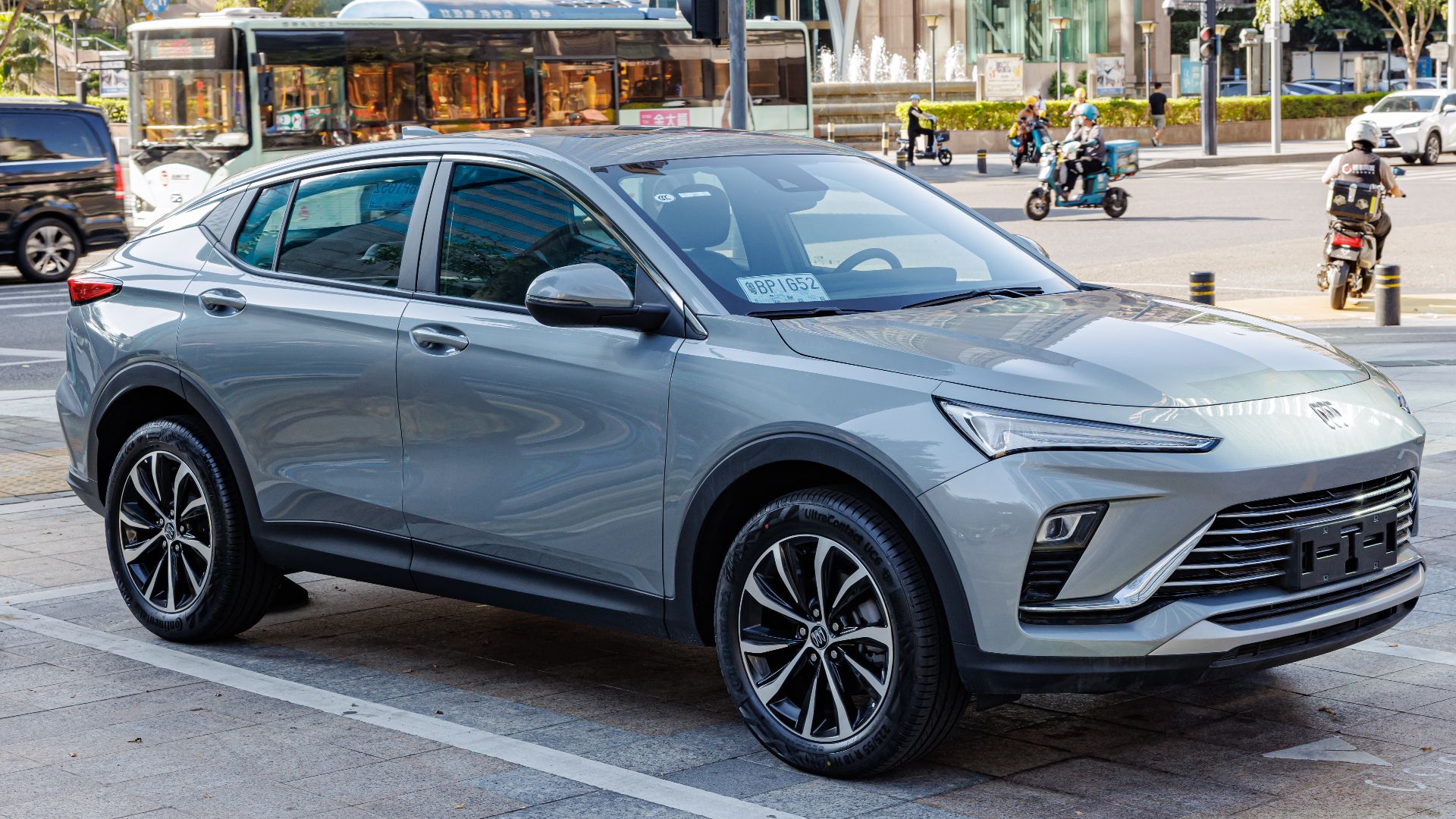 Dinkun Chen, Wikimedia Commons
Dinkun Chen, Wikimedia Commons
Mitsubishi
According to Marklines, Mitsubishi's US market share slipped to 0.7% in early 2025. Retailers report widespread financial losses. Limited model variety and weak brand presence continue to shrink Mitsubishi's audience. Even company insiders acknowledge the need for a full-scale reset to regain relevance and stability.
Fiat
Fiat returned to the US market in 2011 after a long absence, backed by curiosity and nostalgia. But its appeal faded fast. Google search trends revealed a rapid drop in consumer interest. Fiat failed to build a multigenerational customer base without meaningful evolution in its US strategy.
Lincoln
While competitors race ahead with performance hybrids and innovative EVs, Lincoln's plug-in lineup feels caught in neutral. The Corsair and Aviator hybrids exist, but lackluster acceleration and outdated infotainment systems limit their appeal. Loyalists may admire the badge, but younger buyers look elsewhere for innovation.
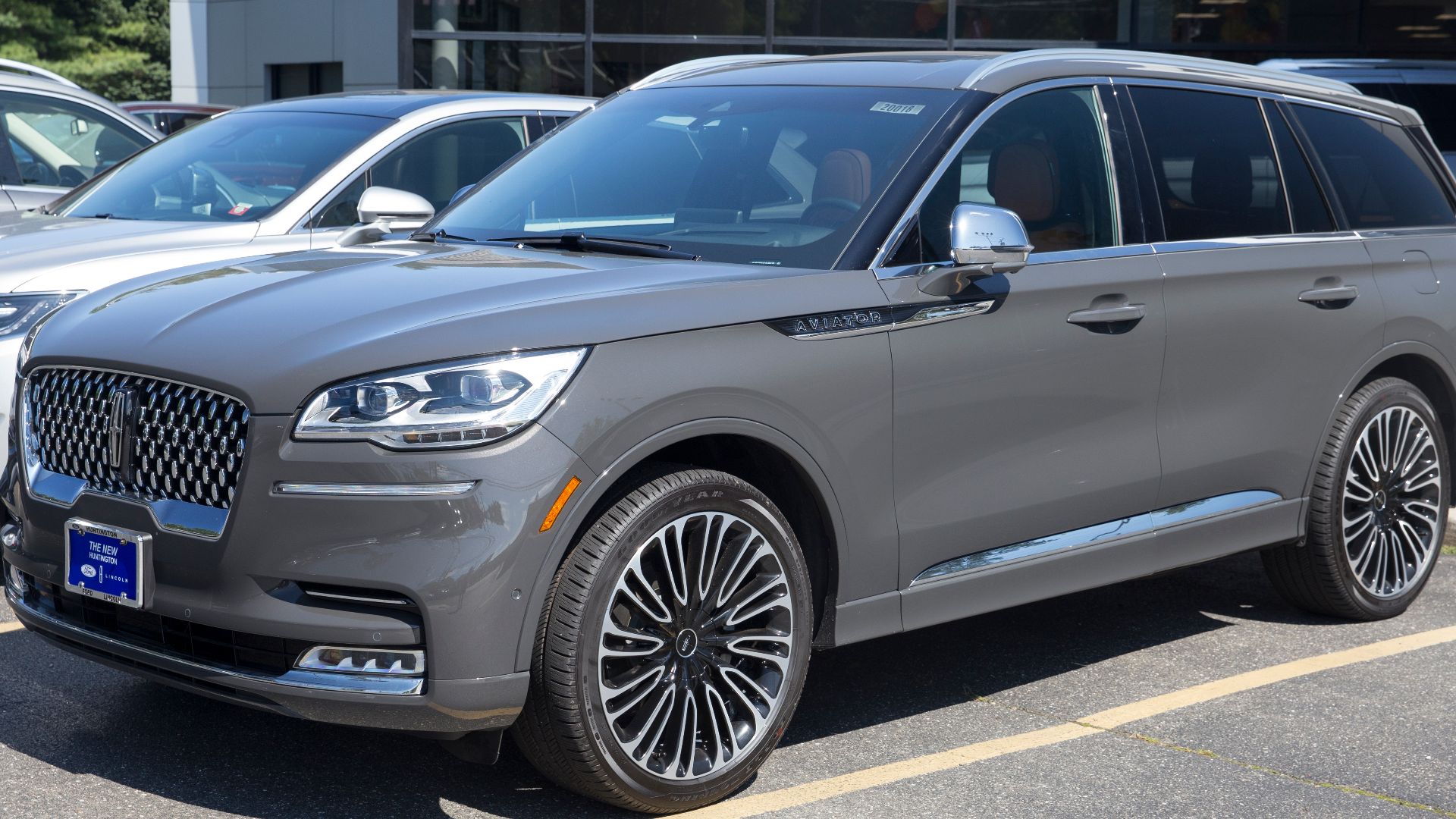 Mr.choppers, Wikimedia Commons
Mr.choppers, Wikimedia Commons
Jaguar
In multiple reliability rankings between 2020 and 2022, Jaguar landed near the bottom. Industry surveys point to recurring electrical issues and expensive repairs that exceed $1,300 annually. As driver confidence eroded, loyalty dropped. Jaguar's premium image continues to clash with its inconsistent ownership experience.
MINI
Owning a MINI brings flair, but not without cost. Over ten years, maintenance averages $6,733—considerably above the norm. Consumer Reports highlights transmission and engine troubles. While its personality appeals to newcomers, long-term ownership often proves less endearing, which leaves many owners hesitant to return a second time.
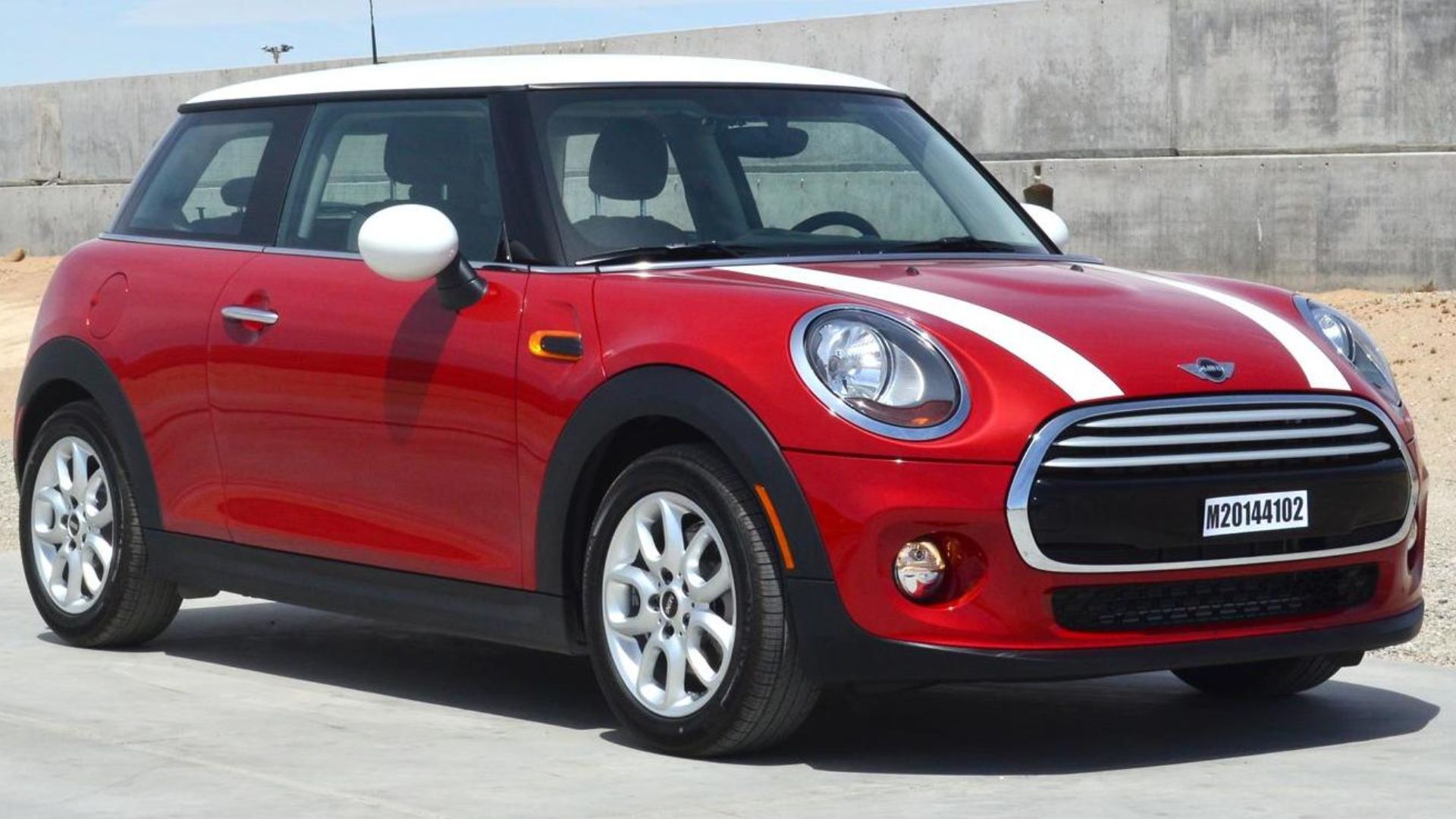 National Highway Traffic Safety Administration, Wikimedia Commons
National Highway Traffic Safety Administration, Wikimedia Commons
Land Rover
Land Rover's high repair costs are legendary, but the 2020 Evoque hybrid definitively sealed its troubled reputation. Voted Britain's least-loved car, it left UK owners stranded for weeks—21 days off the road, on average. When prestige collides with inconvenience, loyalty becomes an uphill climb.
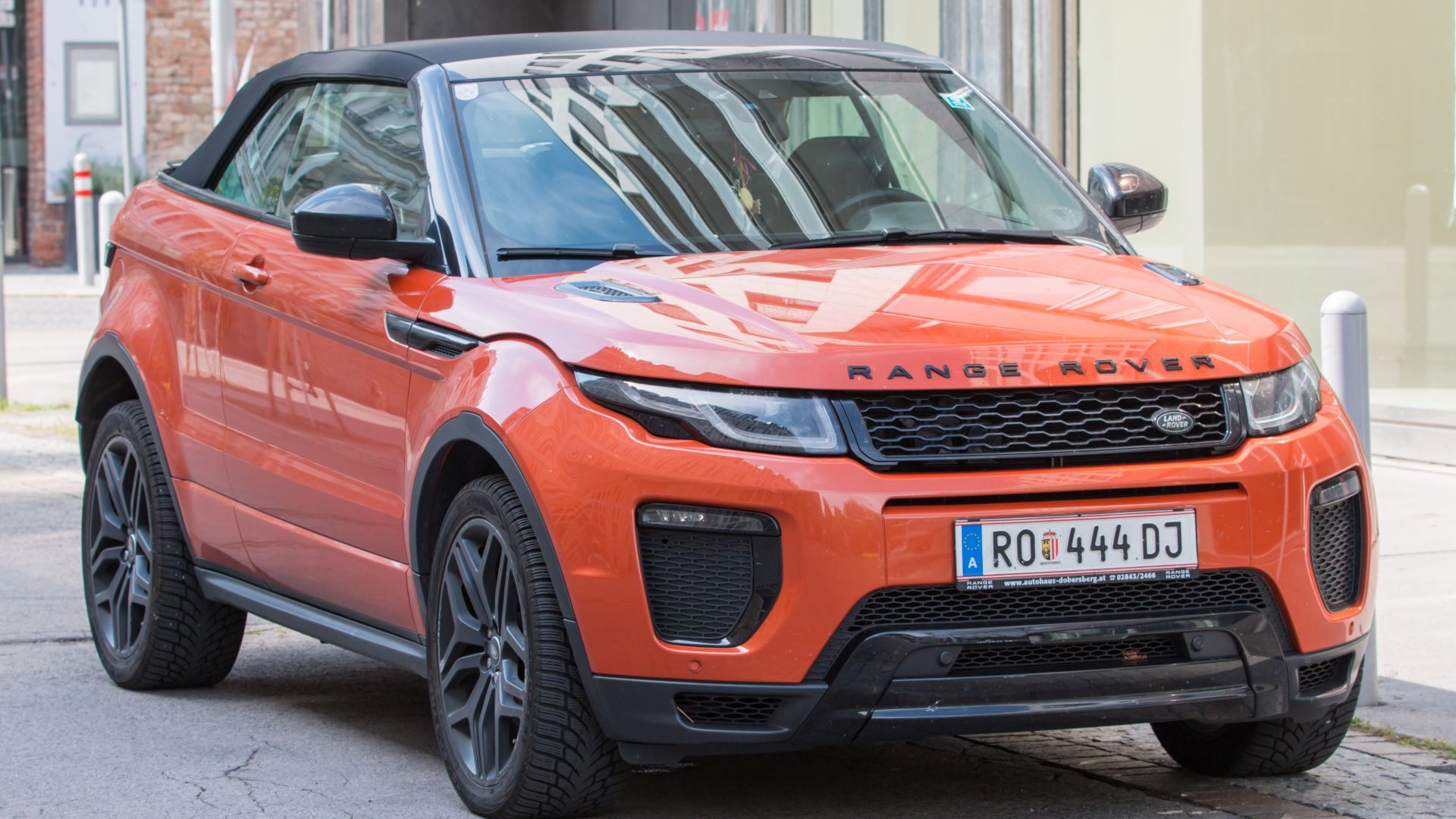 Johannes Maximilian, Wikimedia Commons
Johannes Maximilian, Wikimedia Commons
Jeep
Even among loyal enthusiasts, Jeep’s reliability consistently raises eyebrows. Most models score just 2 out of 5 from Consumer Reports. Common complaints include electronic glitches, water leaks, and drivetrain failures. Although off-road vehicles have a strong reputation, owning one for a long time can often lead to more frustration.
Alfa Romeo
Some Alfa Romeo owners endured warranty delays of as long as nine months, with brand-new vehicles sitting idle due to missing parts. The brand's limited US dealer network only deepened the strain. Even among Italian engineering enthusiasts, tolerance fades when service support lags behind breakdowns.
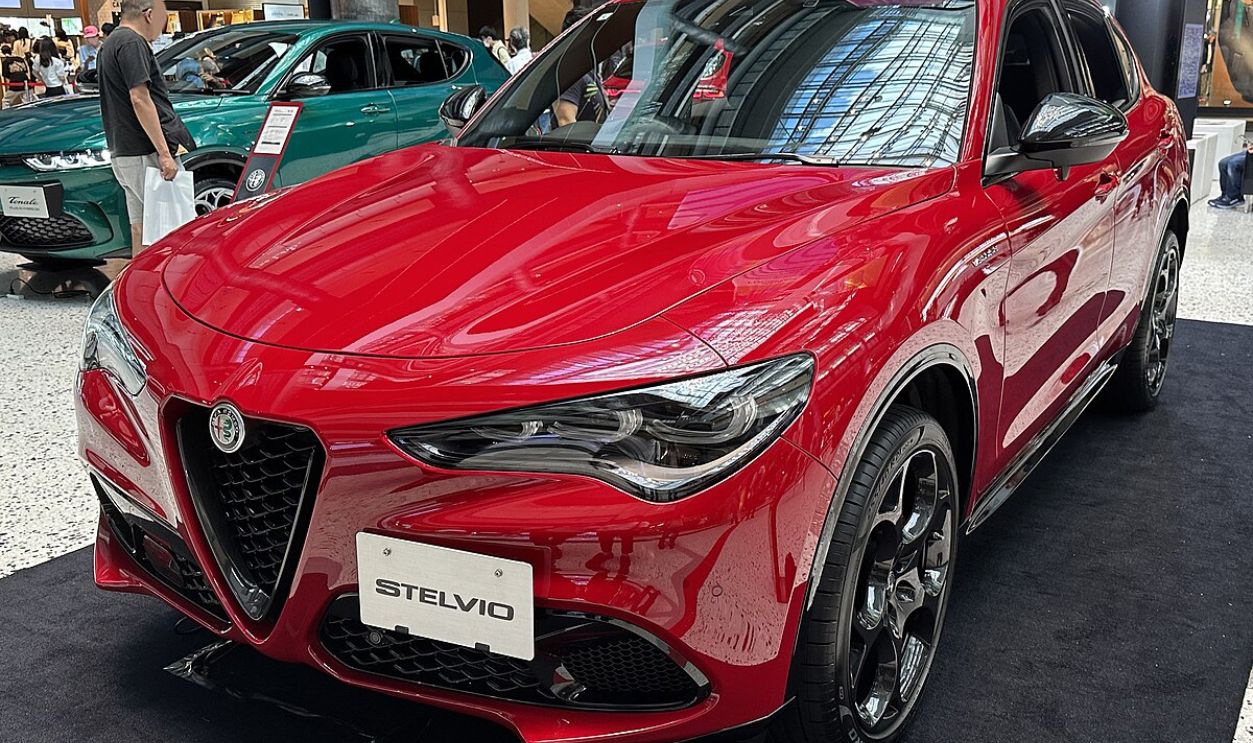 Tokumeigakarinoaoshima, Wikimedia Commons
Tokumeigakarinoaoshima, Wikimedia Commons
Dodge
The electric Charger Daytona may look like a muscle car, but its silent drivetrain has convinced purists. Dodge's fanbase built its loyalty on the roar of combustion. Now, longtime buyers confront a disorienting change: electric propulsion that lacks the raw engine sound and tactile thrill that defined their loyalty.
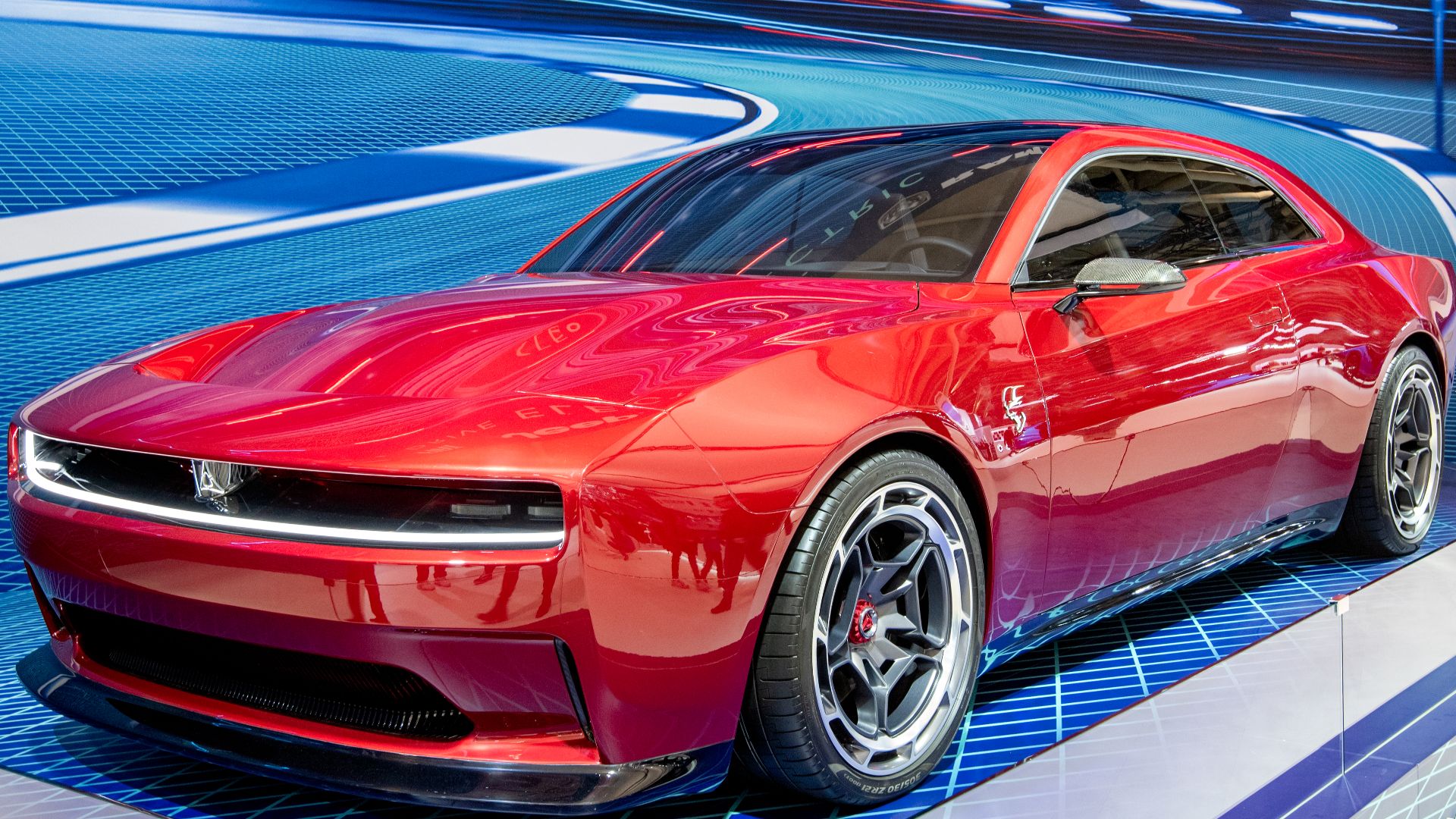 Mustang Joe, Wikimedia Commons
Mustang Joe, Wikimedia Commons
Infiniti
Infiniti continues to trail in the electric race. As of 2025, the brand has yet to release a single EV in the US, although it debuted a new production model in 2022. Despite showcasing concepts for years, its lack of execution contrasts with rivals expanding their electric offerings.
Mazda
Dealerships have raised concerns about Mazda's shifting identity, as the brand rolls out a $2 billion retail overhaul. Longtime buyers now face unfamiliar pricing and evolving design language. Though Mazda aims for premium status, the transition has proven less seamless than executives likely anticipated.
Subaru
Subaru says it will invest over $10 billion in EVs by 2030, yet its current offerings remain sparse. The Solterra, its flagship electric crossover, arrived late and modestly equipped. With rivals accelerating ahead, Subaru risks testing the patience of eco-minded consumers who once trusted its vision.
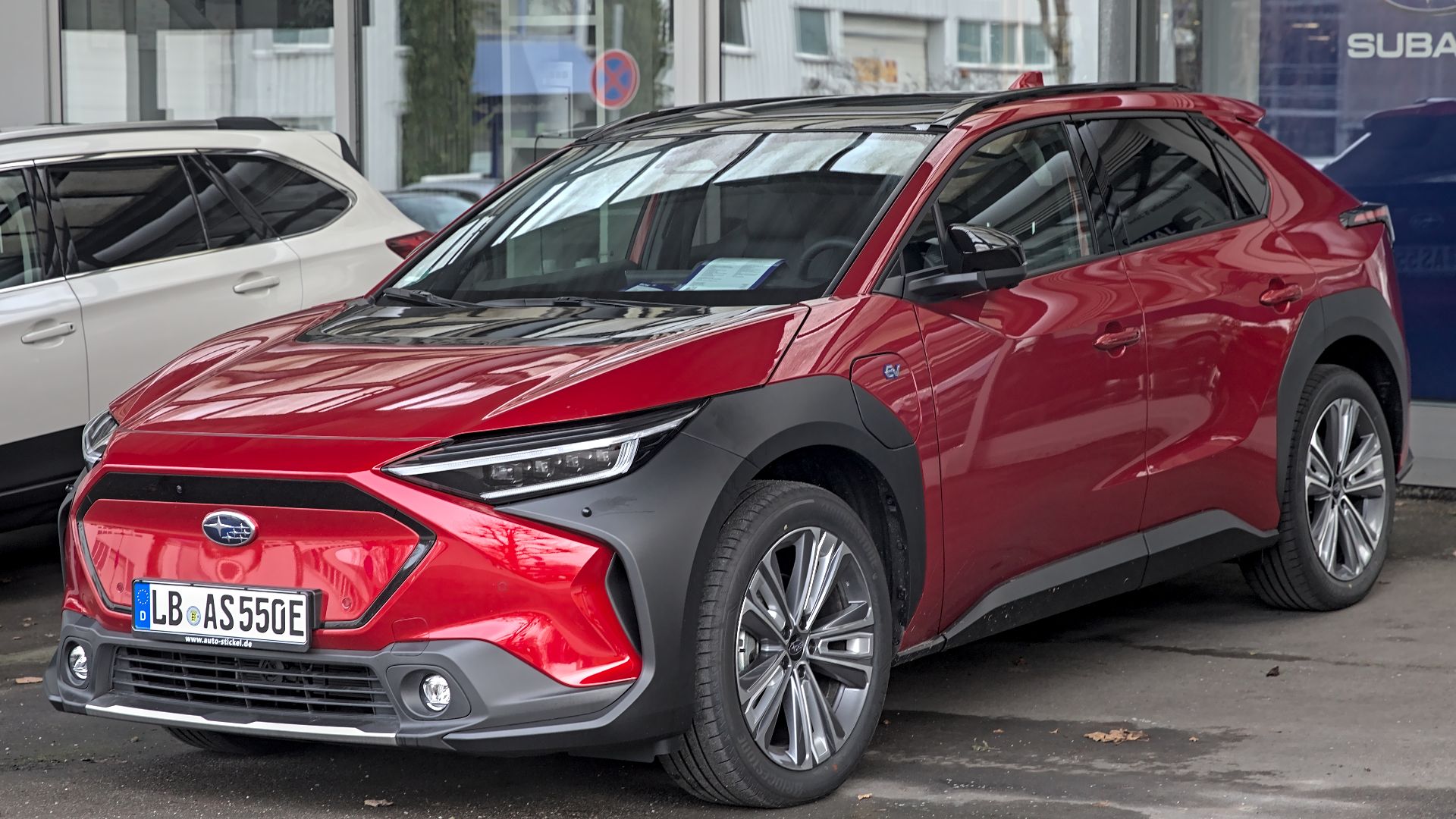 Alexander Migl, Wikimedia Commons
Alexander Migl, Wikimedia Commons
Volvo
Volvo has leaned into subscription-based ownership, which markets its Care by Volvo service as a flexible alternative to leases. Yet many US buyers remain skeptical of the monthly pricing and vehicle access limitations. This model shift has created uncertainty and sometimes frustration among brand loyalists.
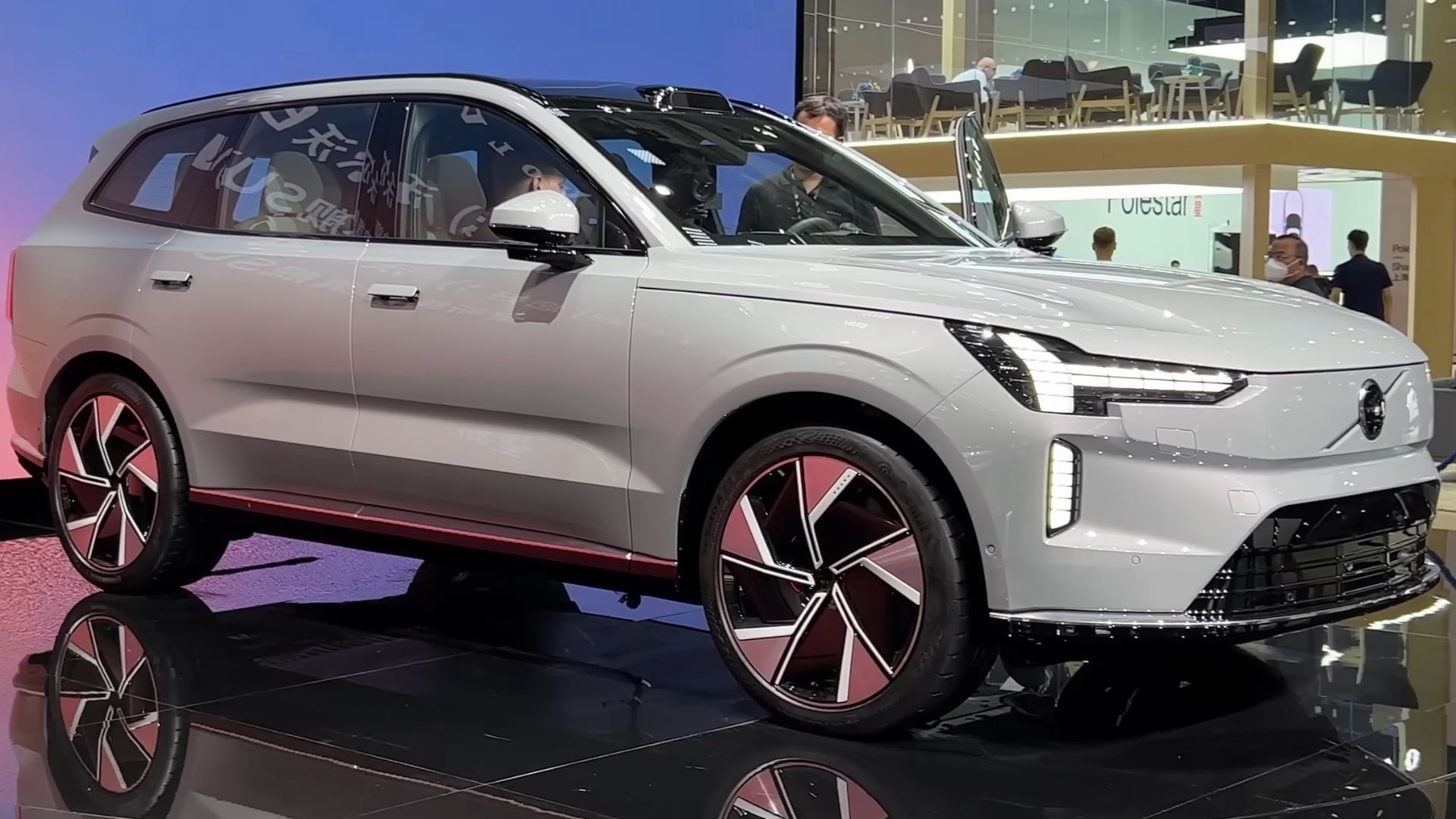 Autosdeprimera, Wikimedia Commons
Autosdeprimera, Wikimedia Commons
Genesis
The G90 now starts at nearly $90,000, more than twice its 2017 price. As Genesis shifts deeper into luxury, longtime Hyundai loyalists may hesitate. Despite a 13% loyalty boost in 2023, the brand's rapid pricing evolution risks disconnecting from the customer base that first embraced its value.
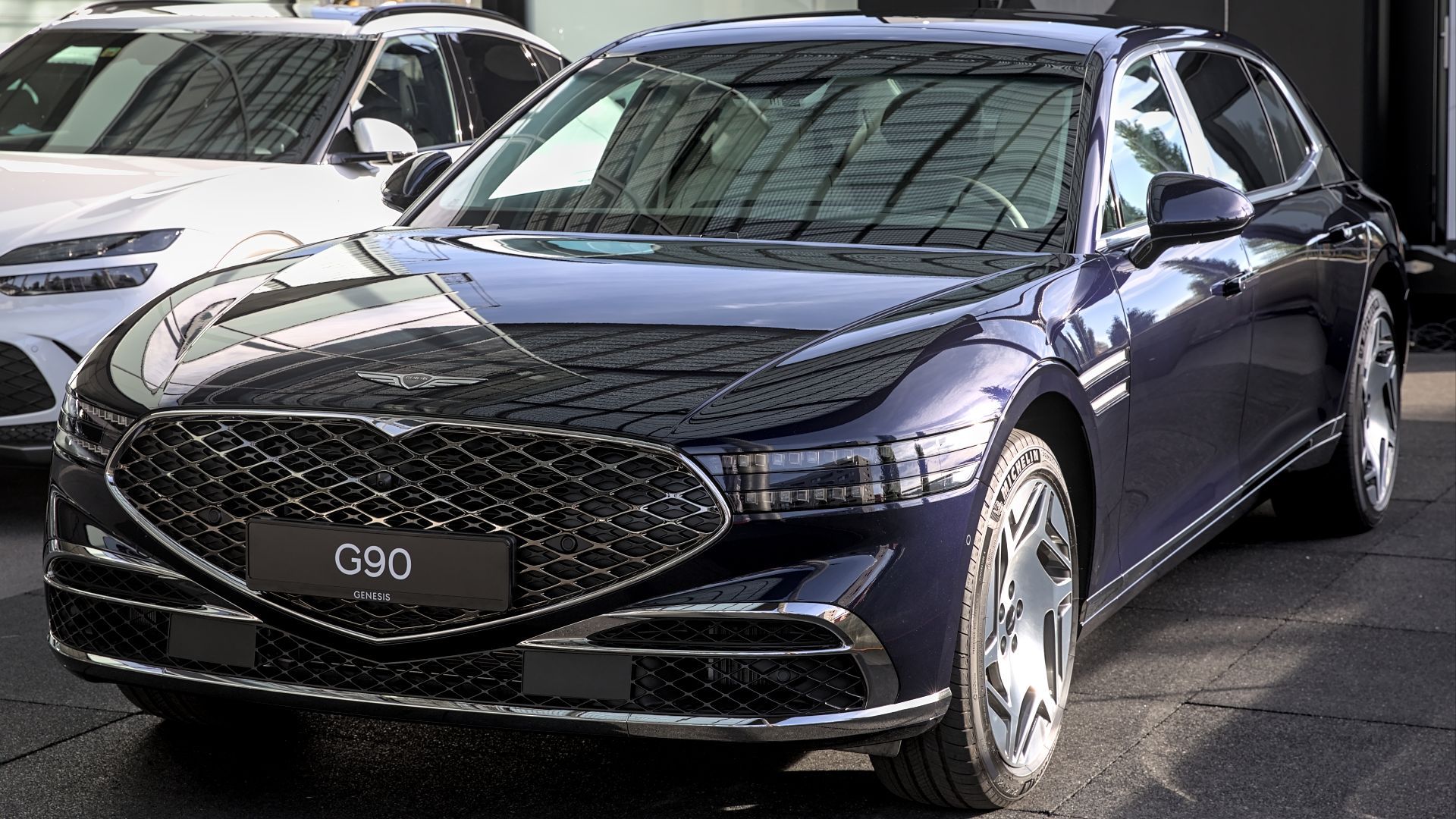 Alexander-93, Wikimedia Commons
Alexander-93, Wikimedia Commons
Acura
Acura's design language has struggled to stand out. The Integra's return drew mixed reviews, and critics have noted inconsistent performance tuning across the lineup. In 2024, US sales declined 12% year over year. While Honda loyalists often migrate to Acura, the brand's shifting identity may weaken that reliable pipeline.
Chevrolet
Chevrolet once dominated the compact and midsize passenger car segment, but it has faded from its lineup. Many loyal drivers were frustrated as sedans like the Cruze and Impala vanished. The shift toward crossovers and trucks removed familiar choices that had anchored Chevy's appeal for decades.
Nissan
Complaints about Nissan's CVTs continue to mount. Long-term reliability studies cite transmission failure as a frequent concern, especially in models like the Altima and Rogue. As repair costs rise and warranty faith declines, many buyers are reconsidering their once-dependable relationship with the brand.
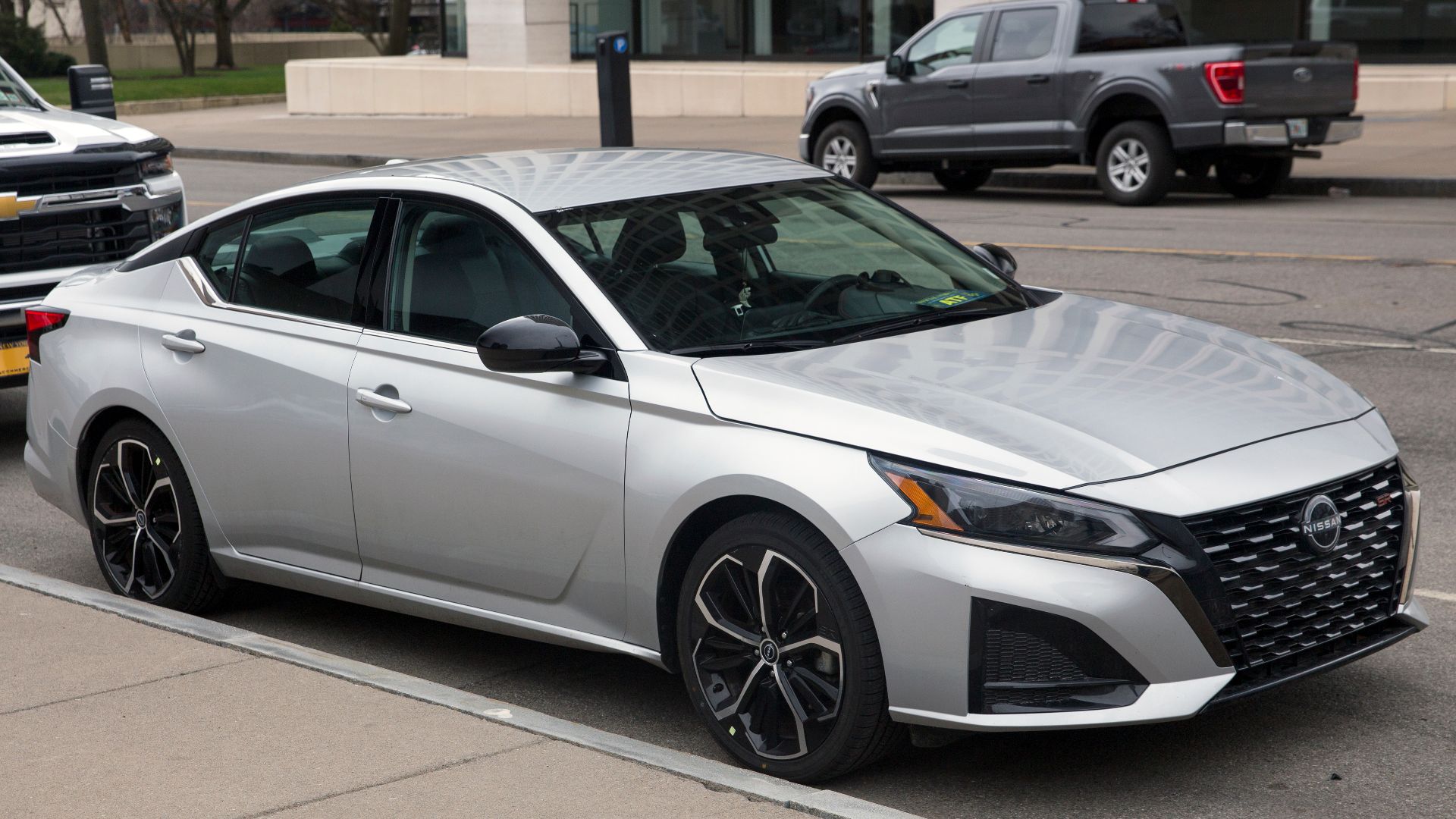 Mr.choppers, Wikimedia Commons
Mr.choppers, Wikimedia Commons
Volkswagen
Dieselgate, the 2015 emissions scandal, was more than a fine; it fractured consumer trust. In the US, Volkswagen paid over $20 billion in penalties and buybacks. Despite rebranding efforts and electric investments like the ID4, some customers still associate the name with deception, not innovation.
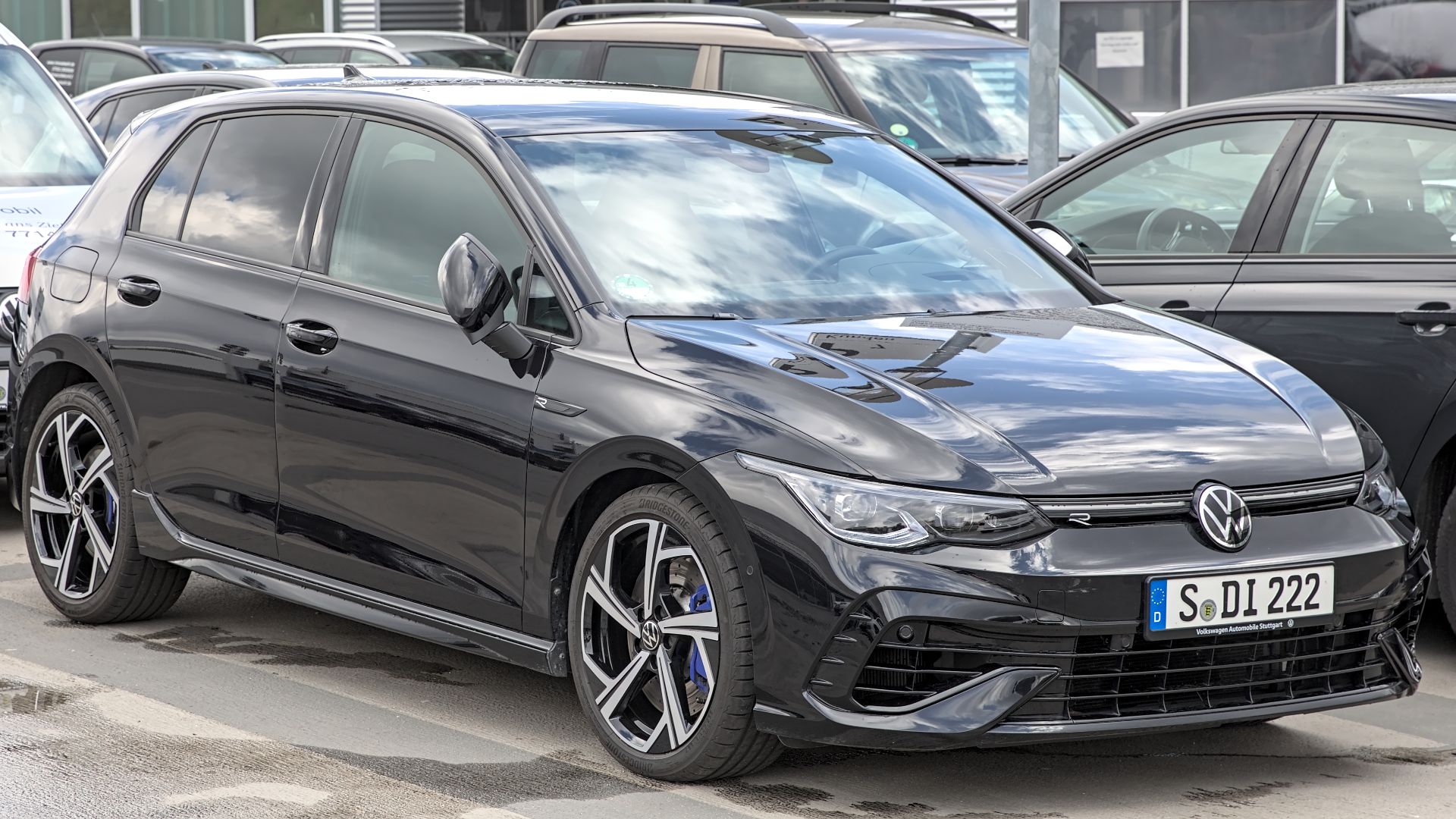 Alexander-93, Wikimedia Commons
Alexander-93, Wikimedia Commons
Ford
Ford once dominated the sedan category with the Fusion and Focus. By 2021, both were gone. The company doubled down on trucks and SUVs by citing profitability. But this move abandoned buyers seeking fuel-efficient, lower-cost cars, which left some loyalists with little reason to stay.
Cadillac
Once synonymous with American luxury, Cadillac now finds itself at a crossroads. The Lyriq and Celestiq offer ambition, yet many buyers remain confused. Cadillac's historic image clashes with bold EV marketing, resulting in a brand caught between past elegance and future reinvention.
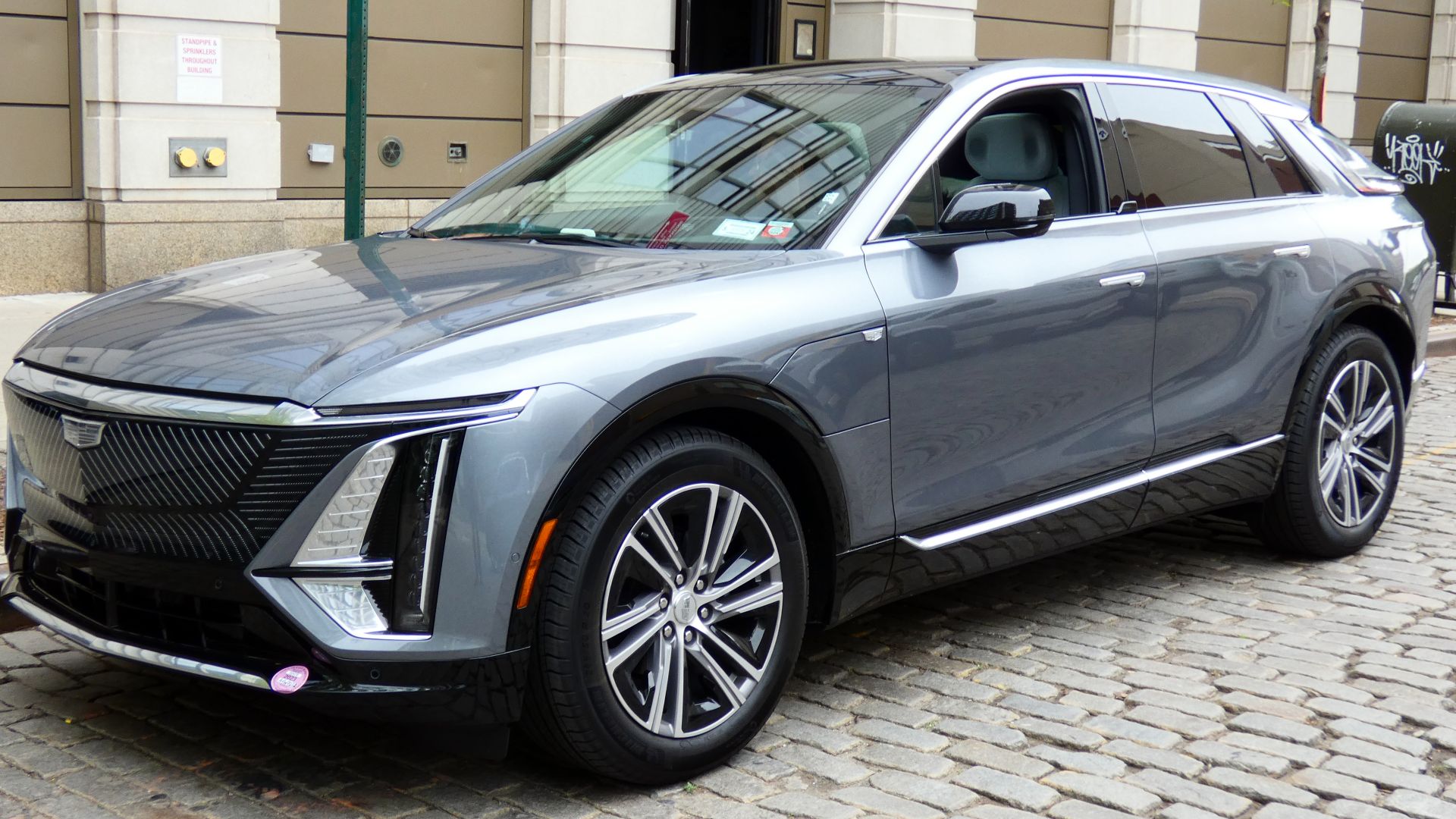 Mr.choppers, Wikimedia Commons
Mr.choppers, Wikimedia Commons
Kia
Kia's design evolution has been fast but not always steady. The shift from economy cars to sporty, upscale models like the EV6 and K5 impressed critics, yet it unsettled some buyers. Frequent redesigns and badge changes have confused its identity, which leads to hesitation among once-loyal drivers.
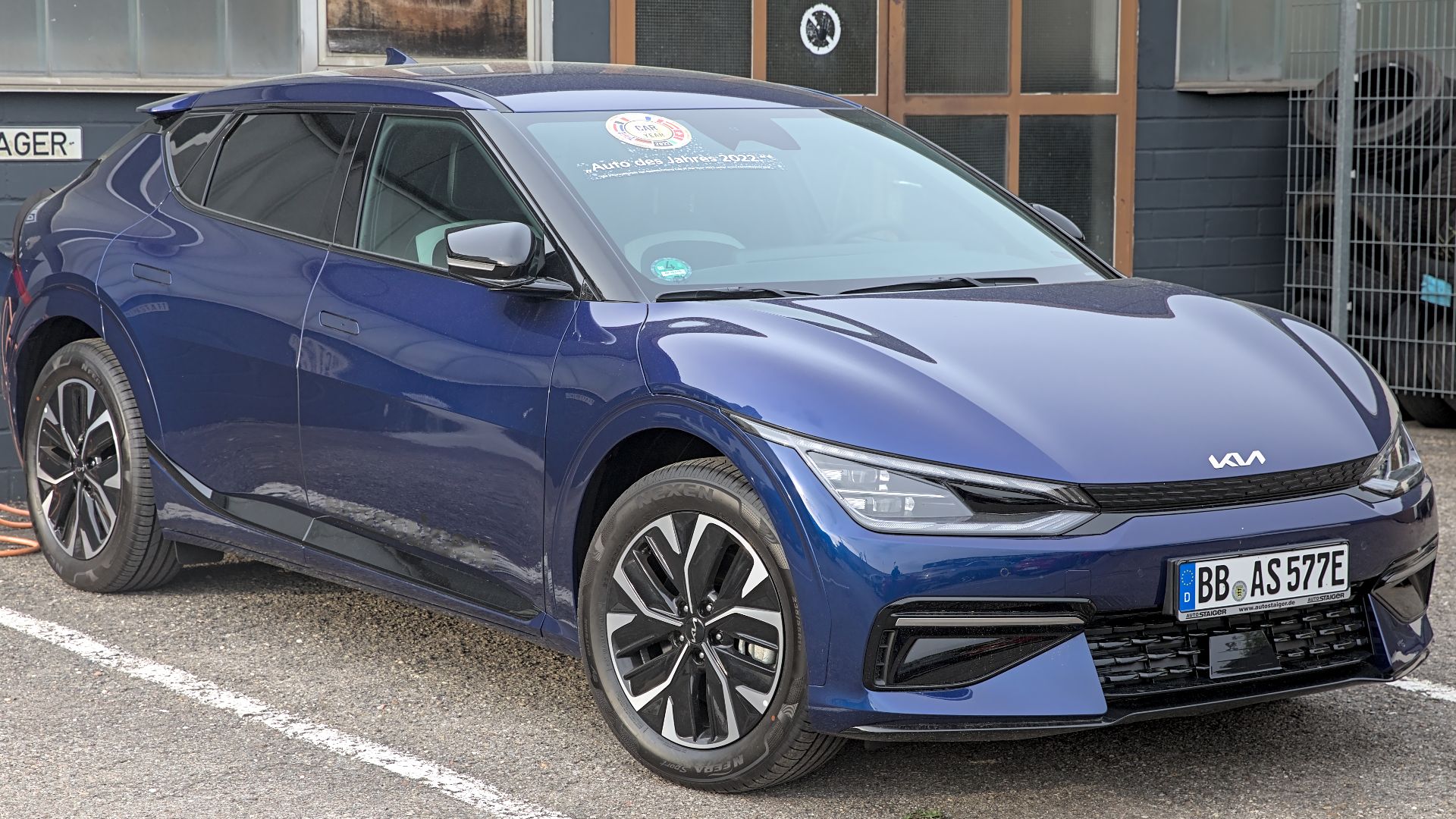 Alexander Migl, Wikimedia Commons
Alexander Migl, Wikimedia Commons
Honda
In today's EV market, buyers expect more than distant promises. While rivals like Toyota and Hyundai rolled out full EVs, Honda focused on hybrids and long-term planning. Known for reliability, the brand now faces growing frustration as loyalists wait for decisive electric action.
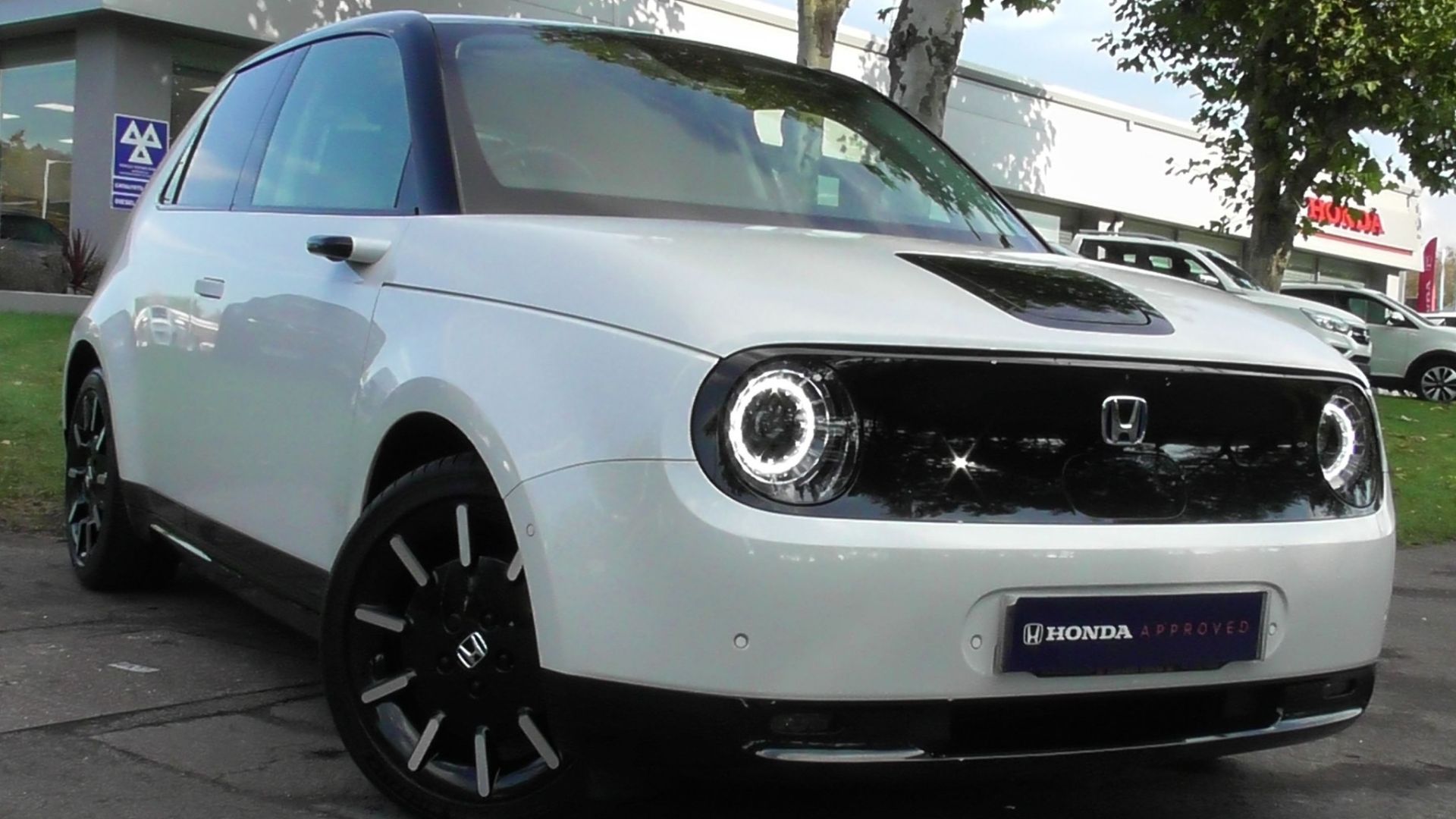 Honda Wales, Wikimedia Commons
Honda Wales, Wikimedia Commons
Tesla
Now, Tesla’s loyalty picture is harder to read. S&P Global Mobility reported a 67.8% retention rate in early 2024—still the highest in the industry. But data from Edmunds noted a 250% spike in Tesla trade-ins in March 2025, mostly for other brands. Let’s just say that the cracks are showing more in real-world behavior than in the papers.
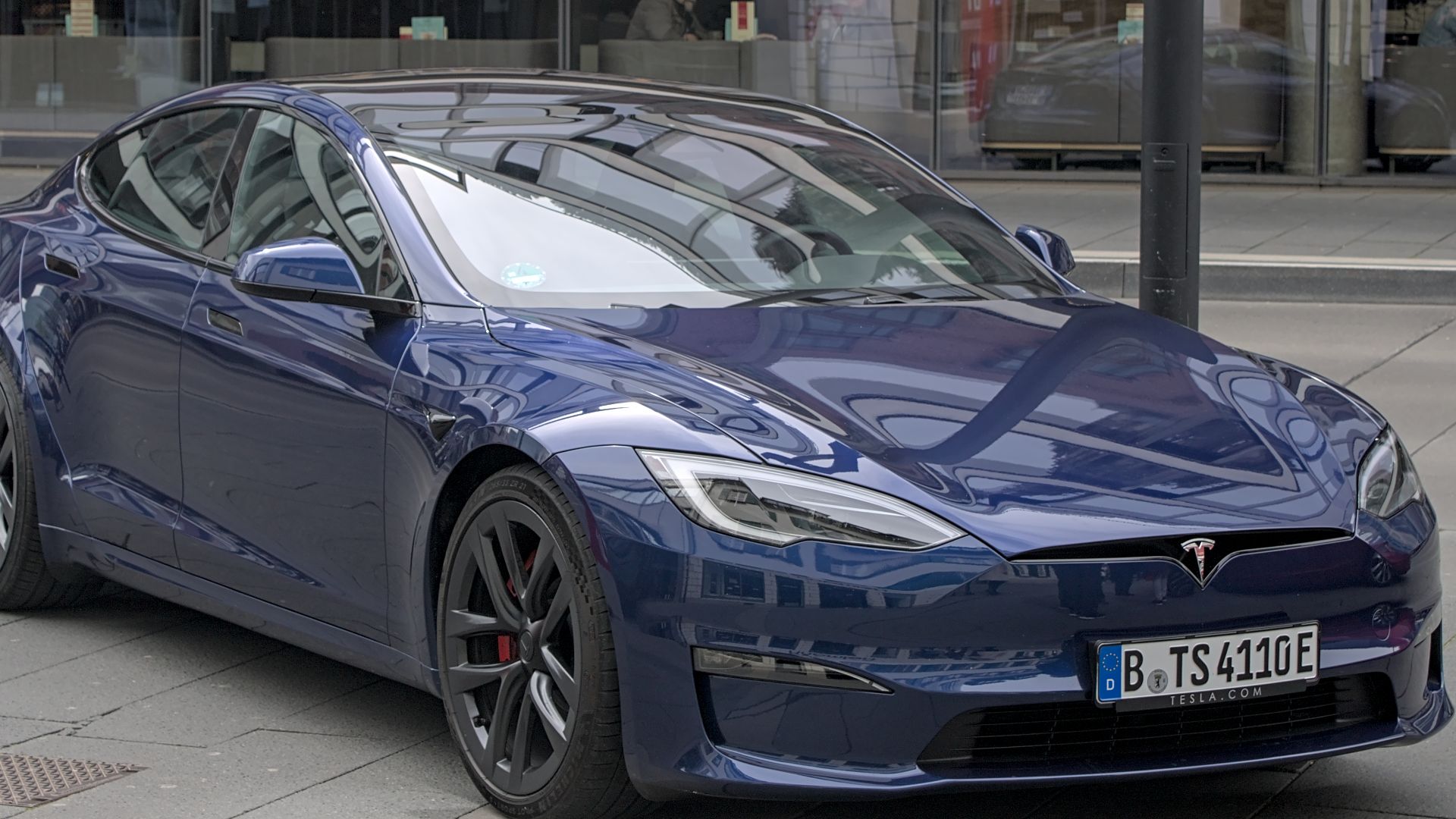 Alexander-93, Wikimedia Commons
Alexander-93, Wikimedia Commons

